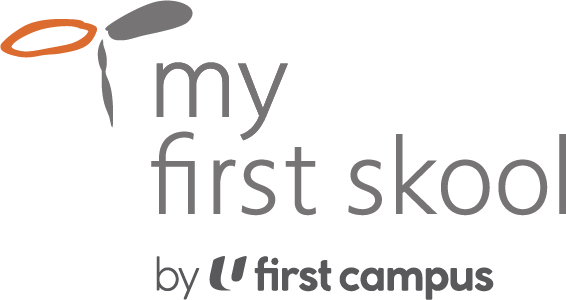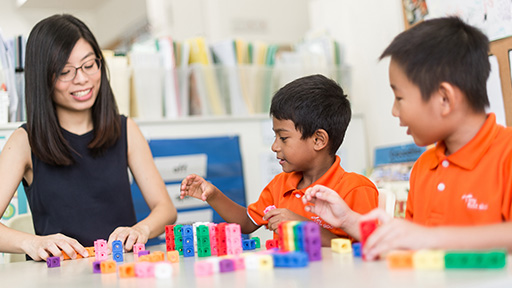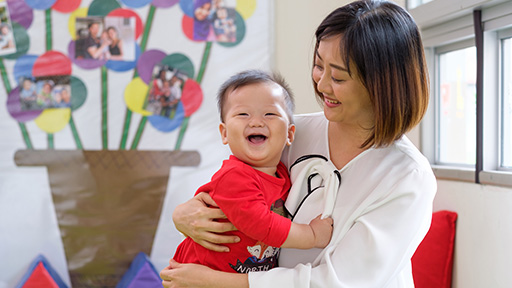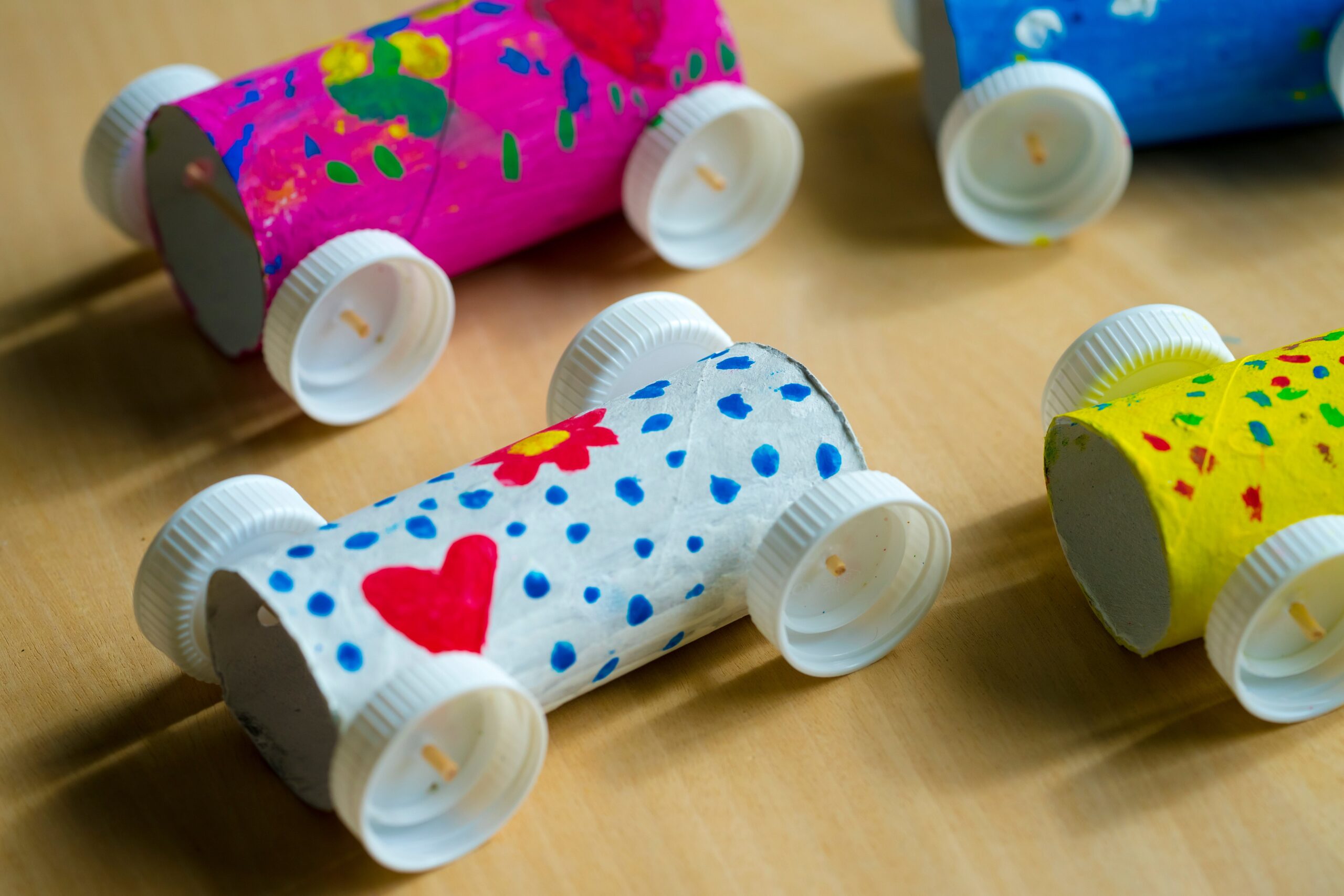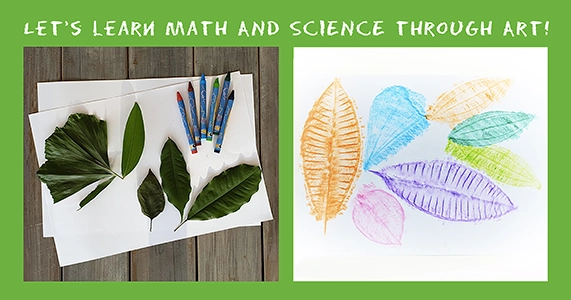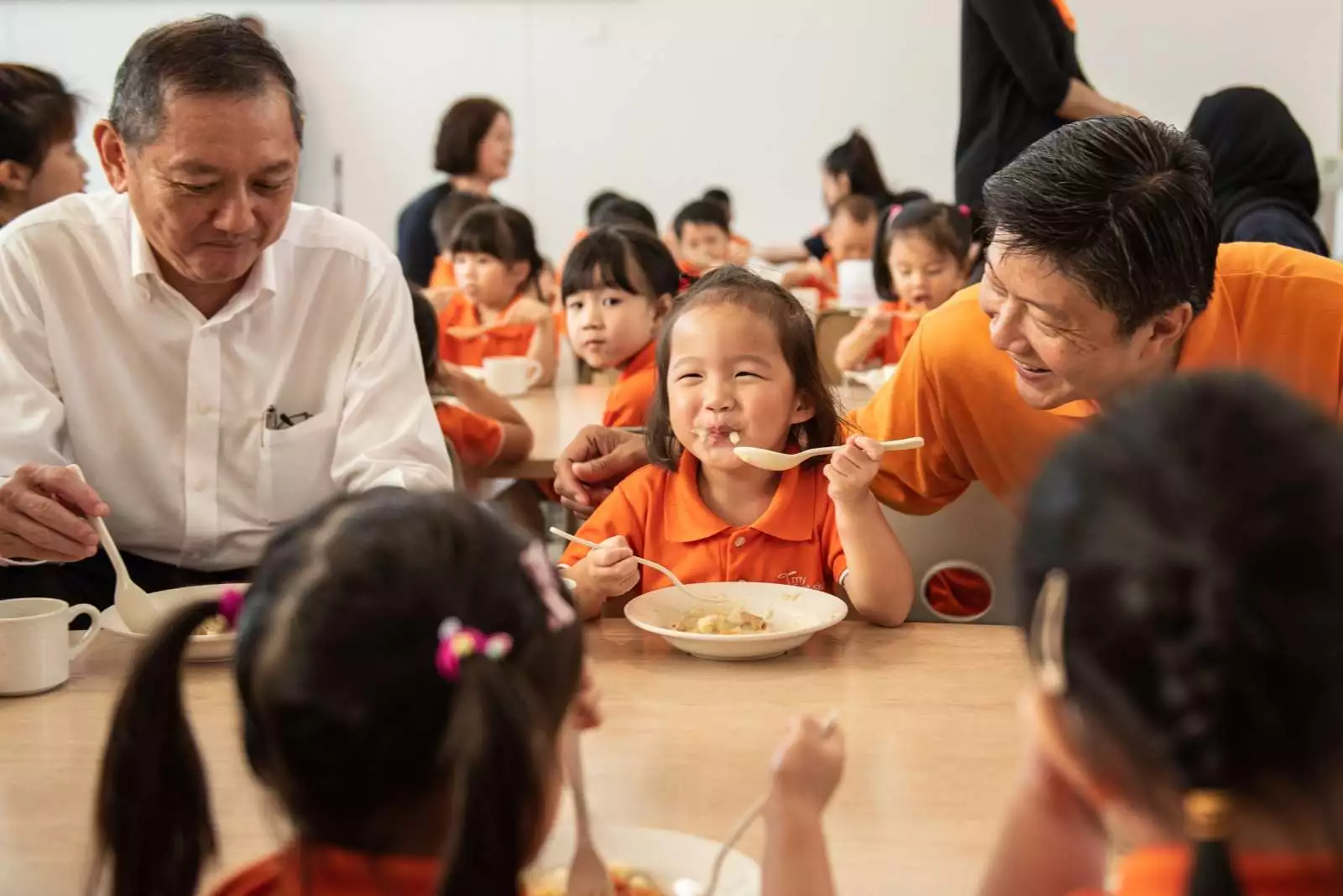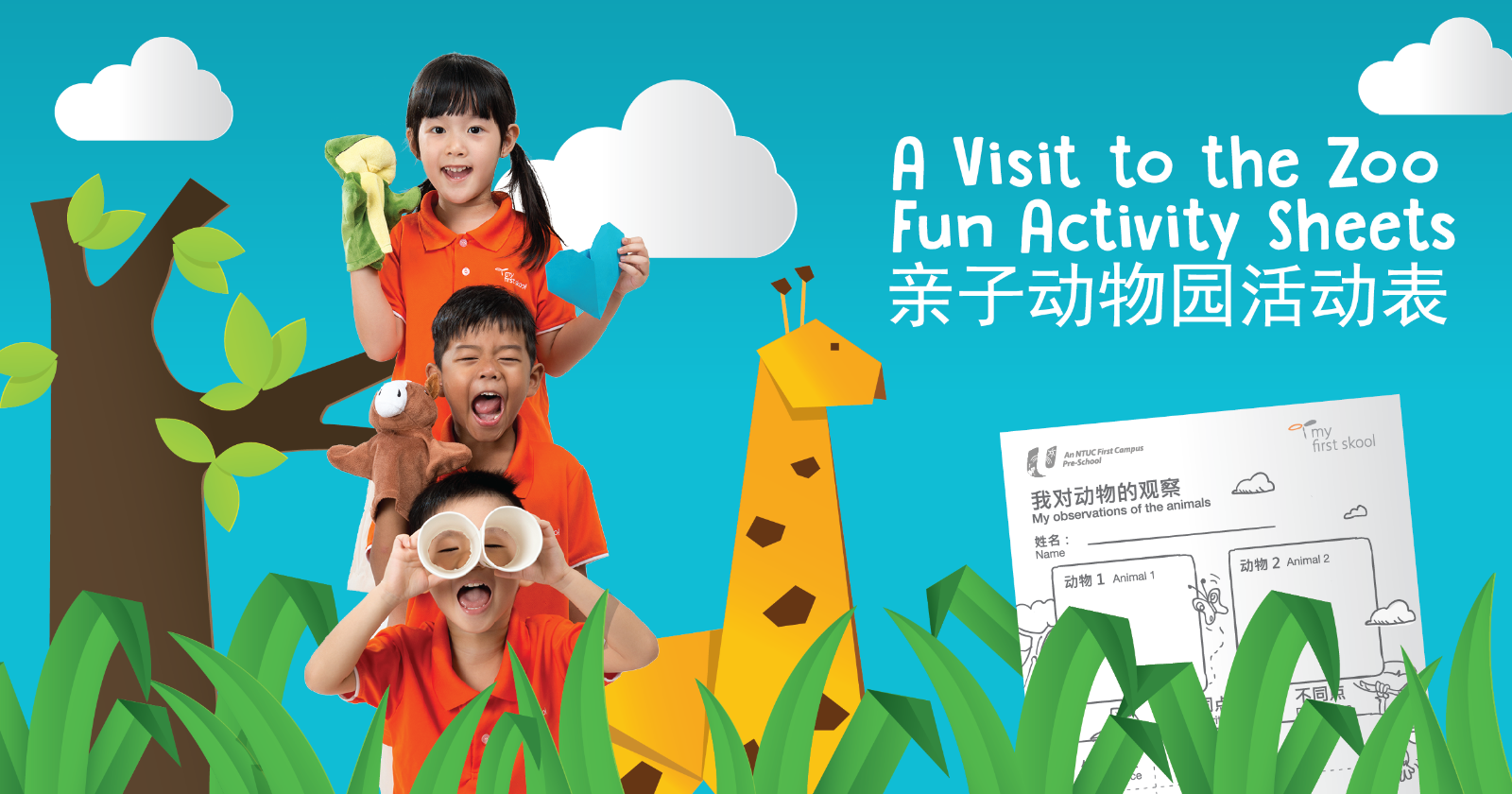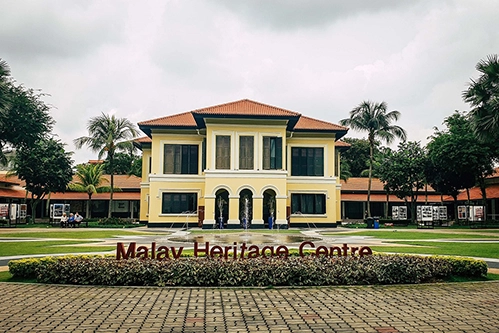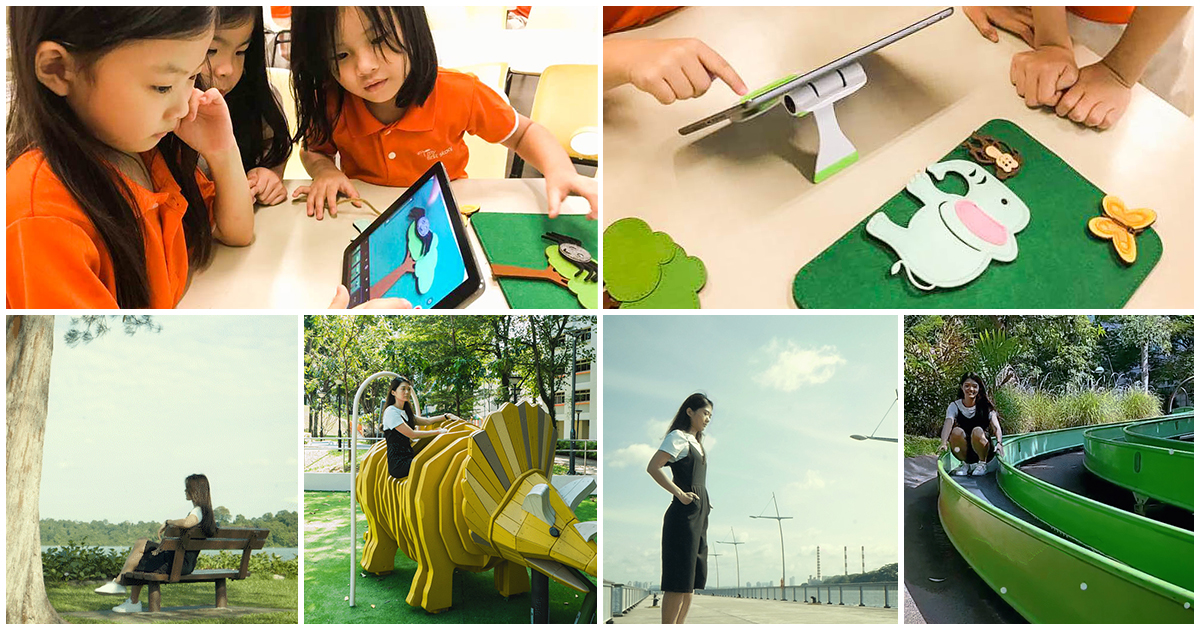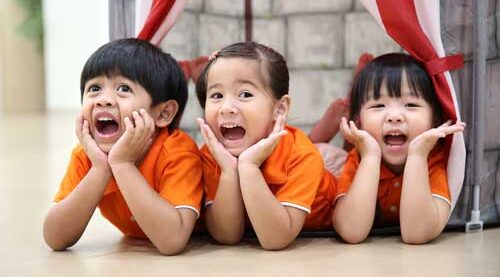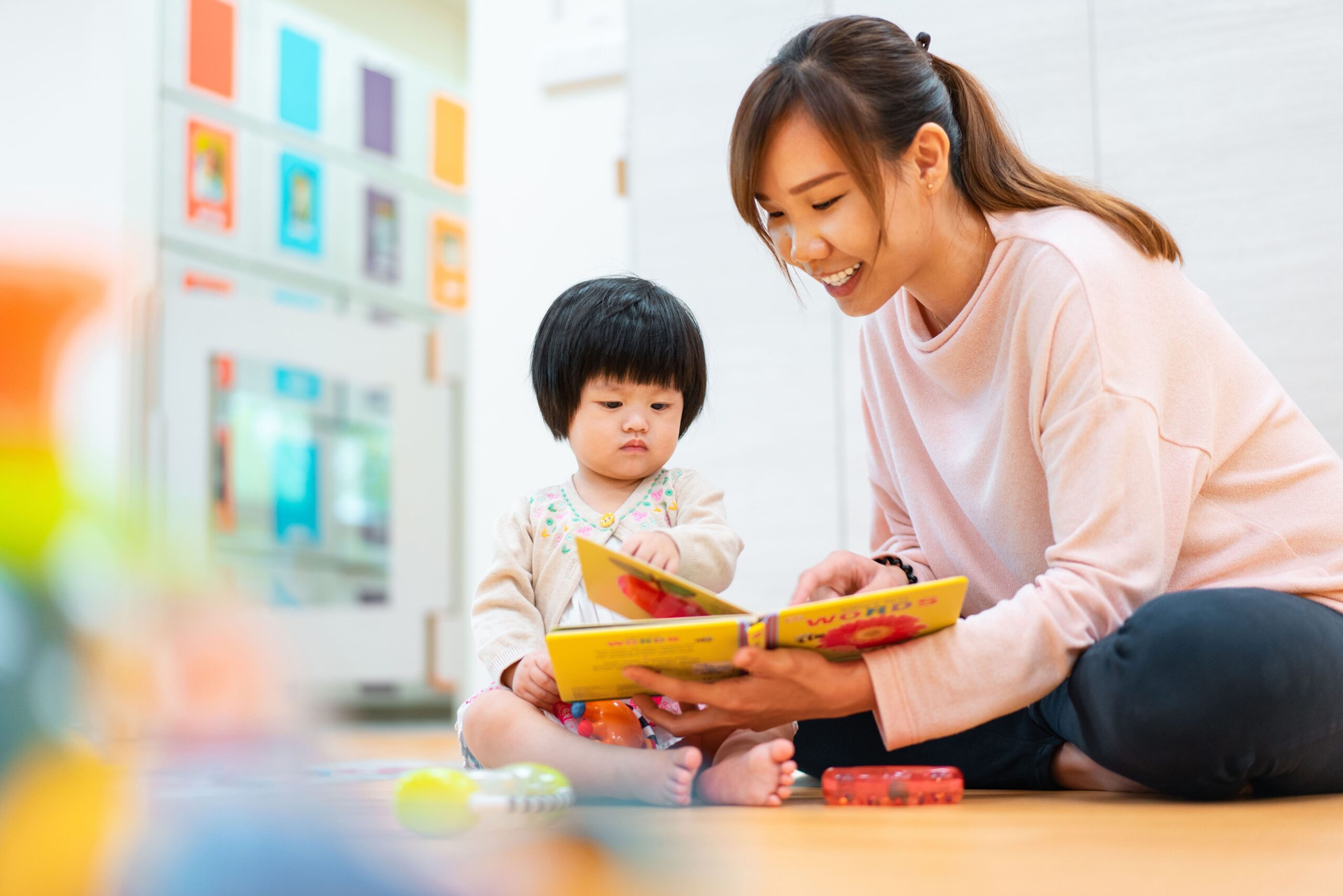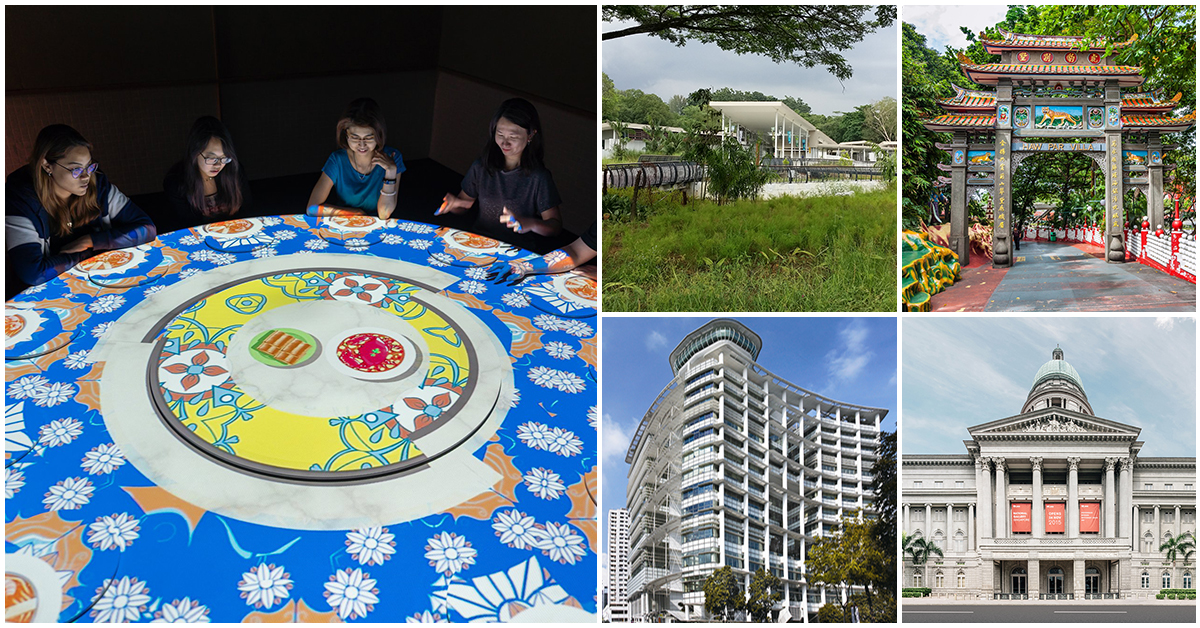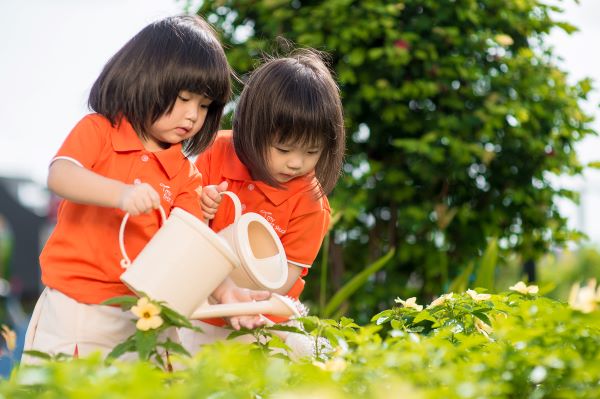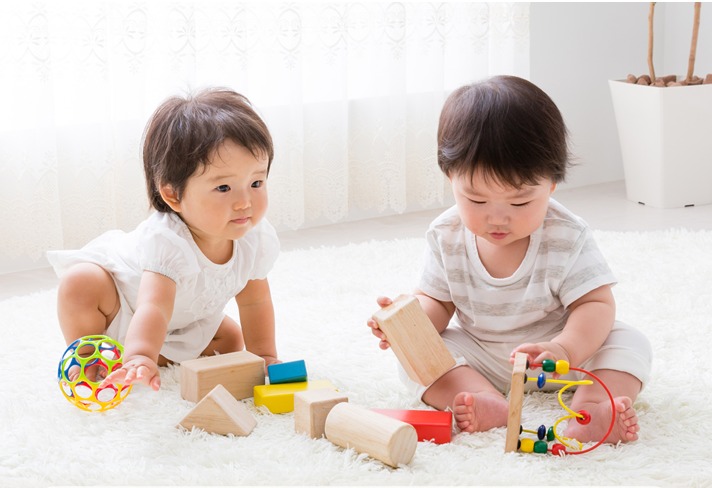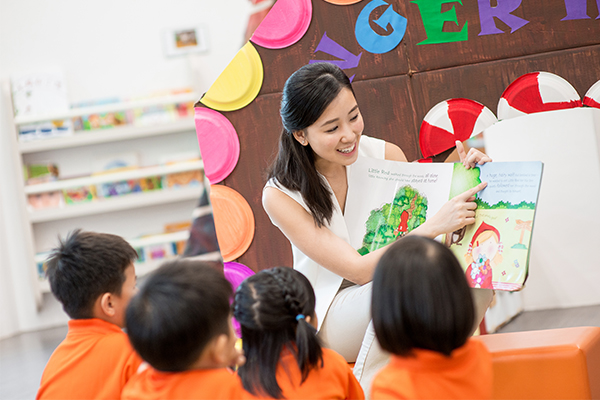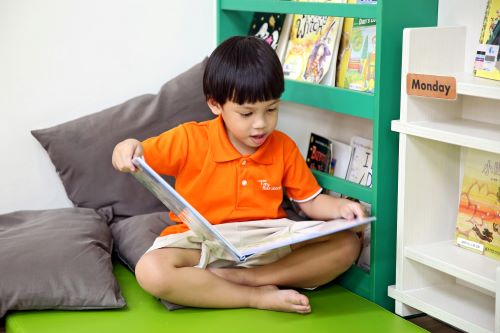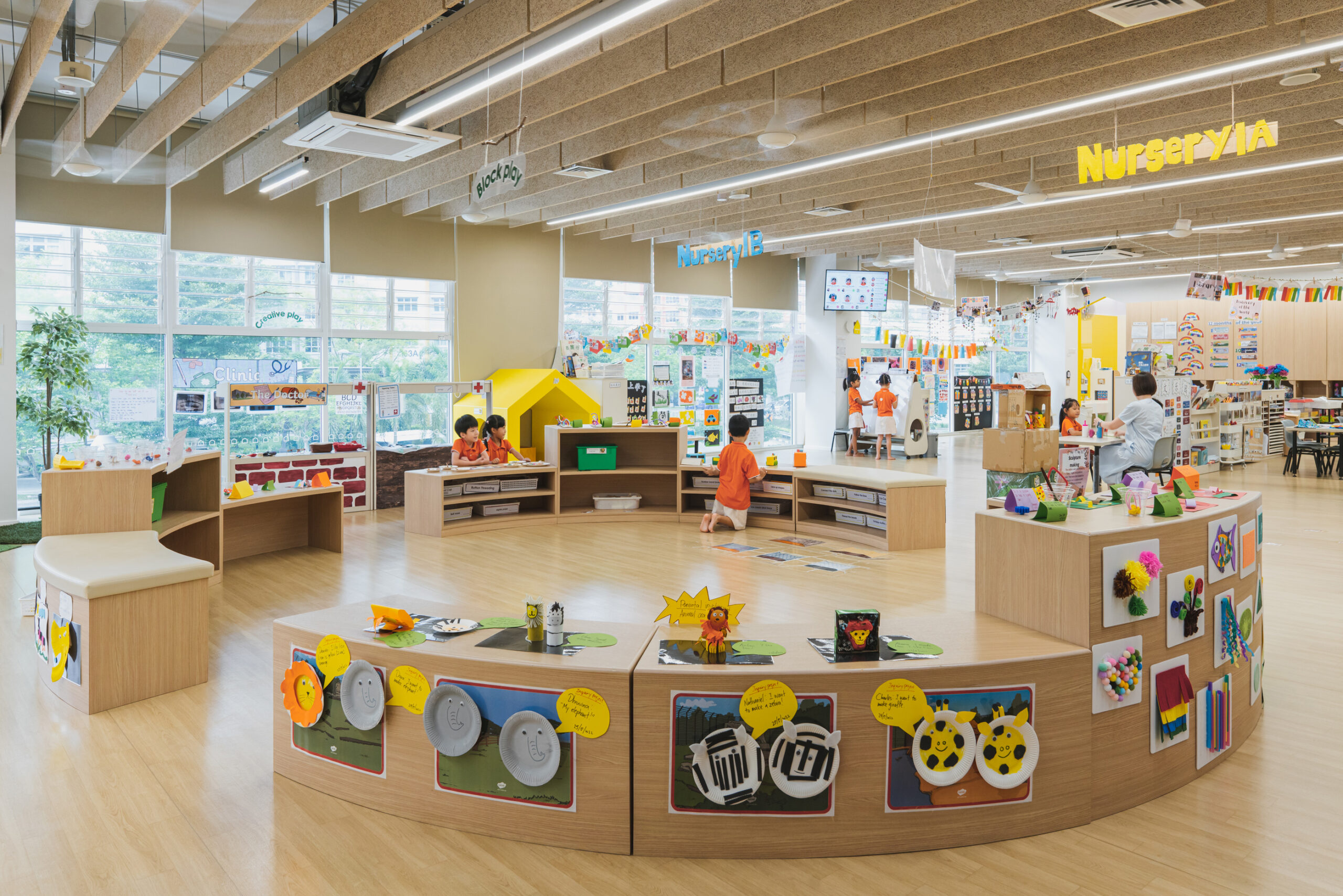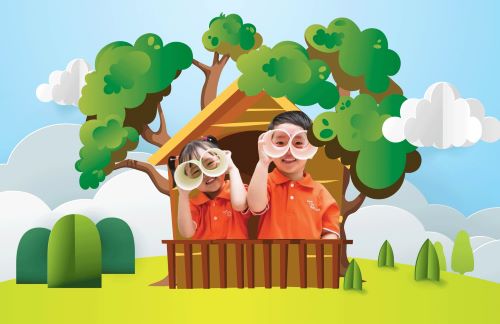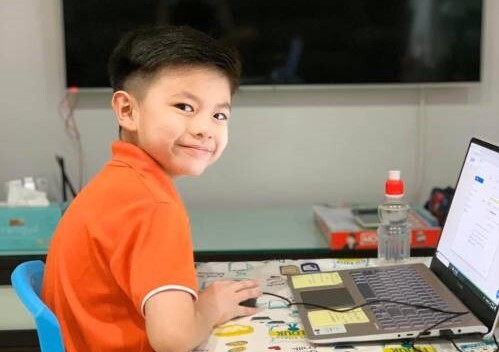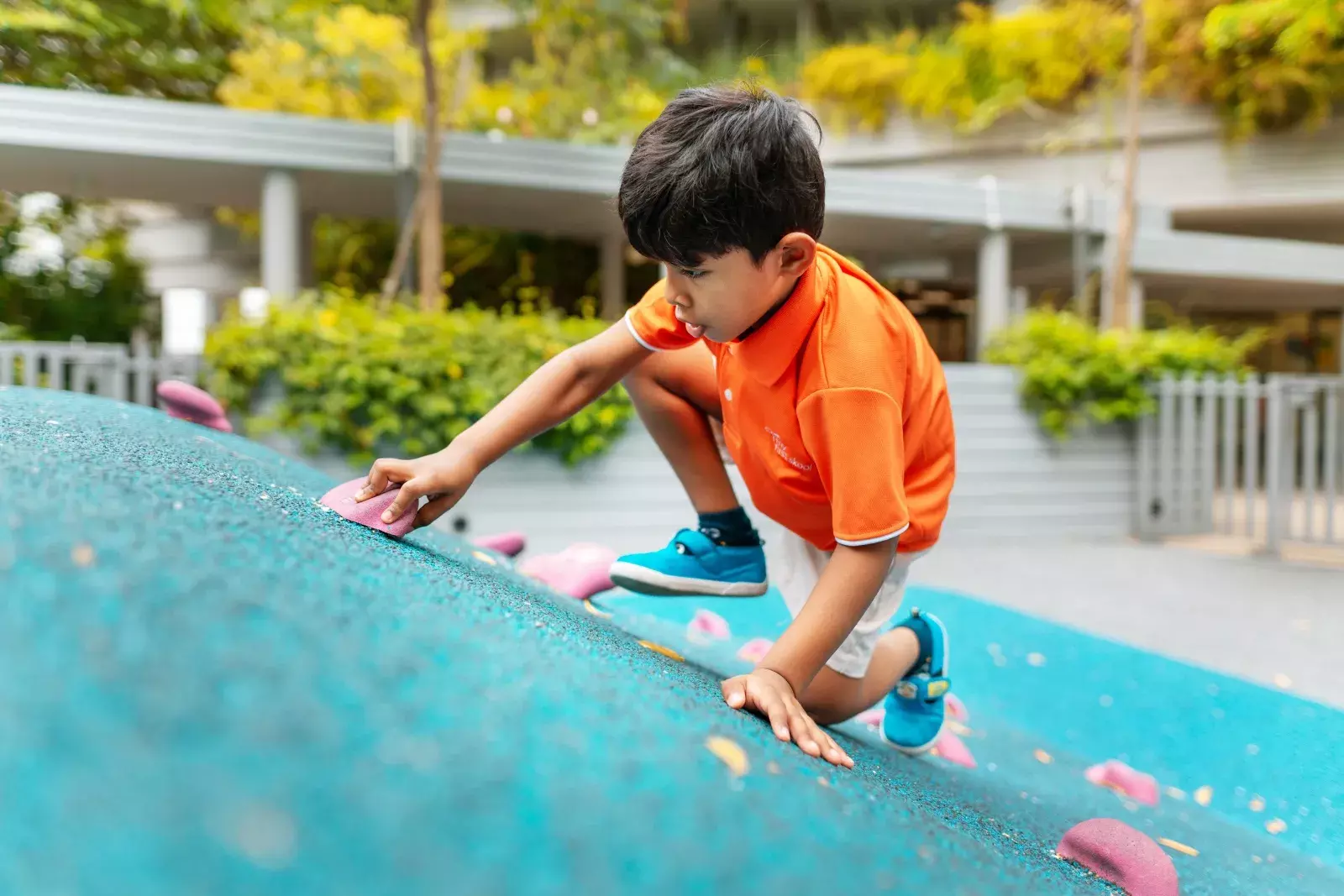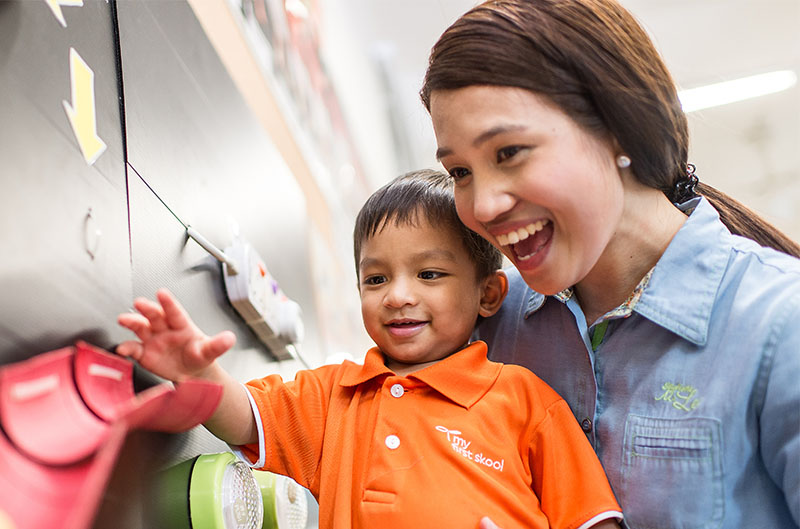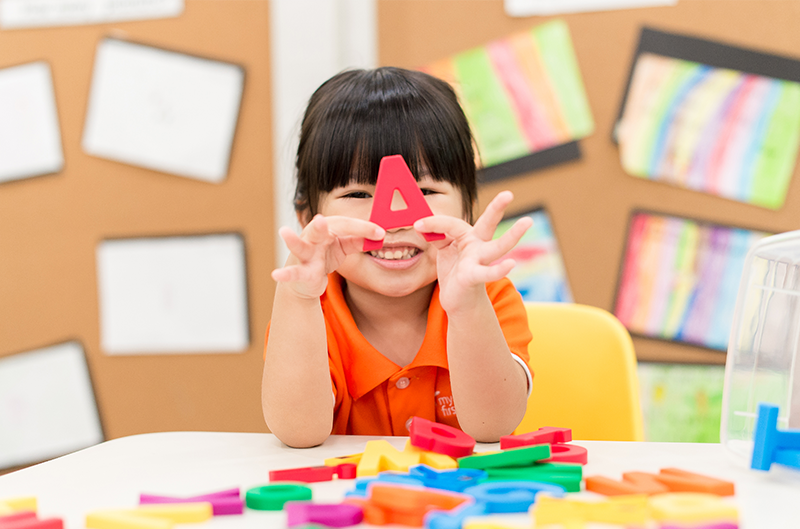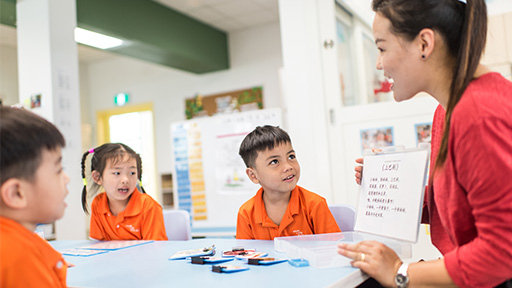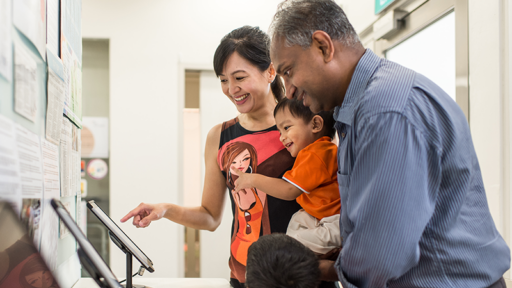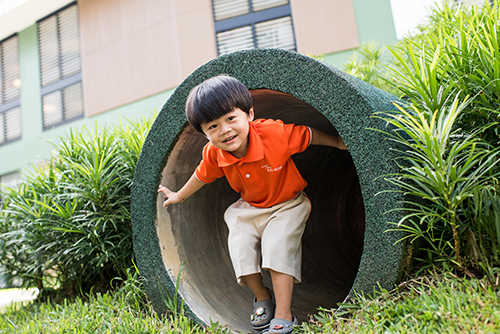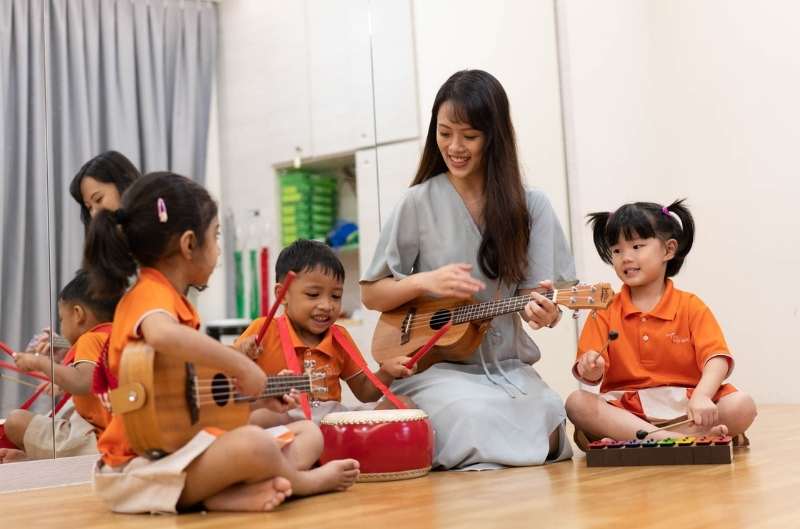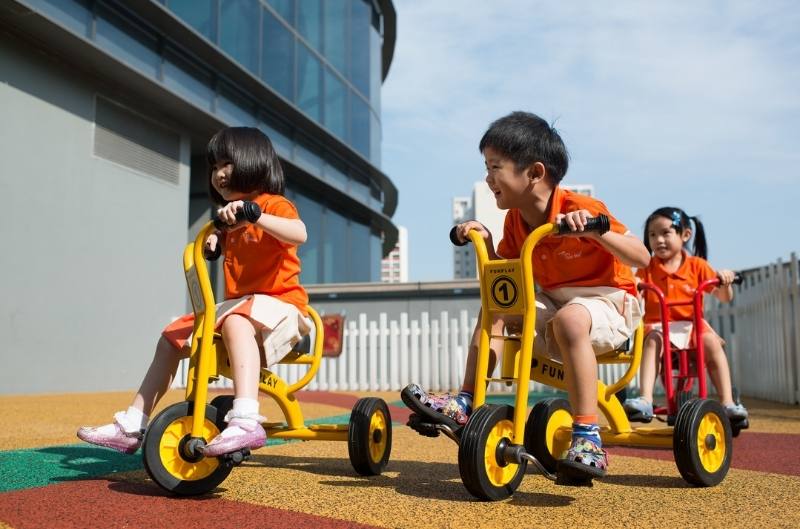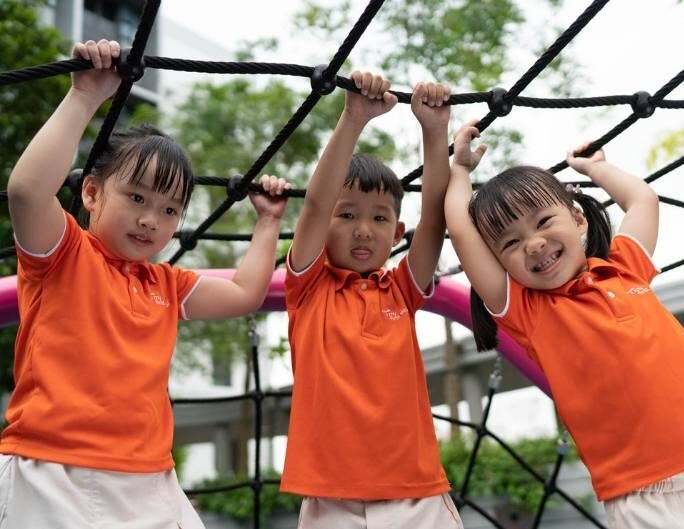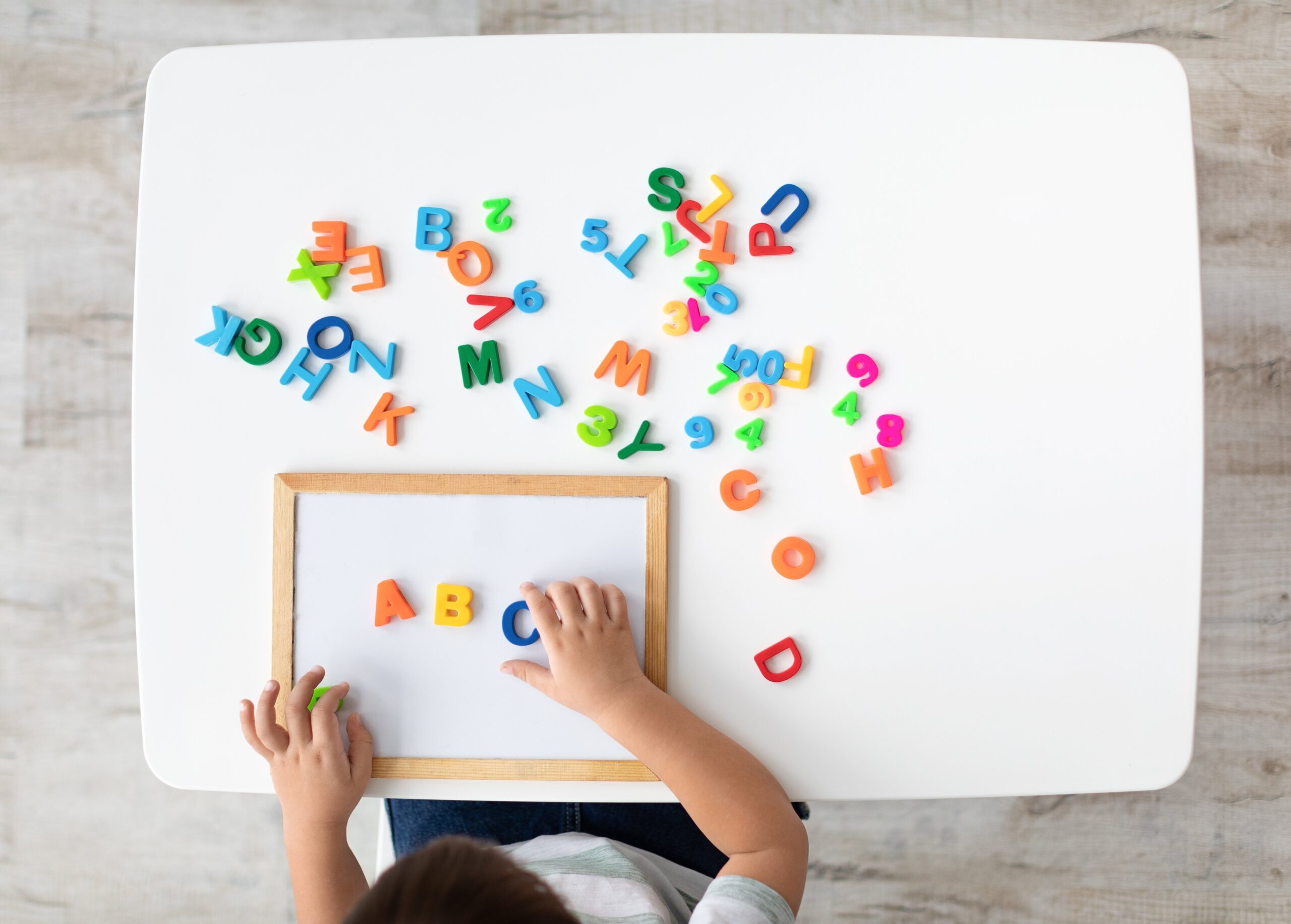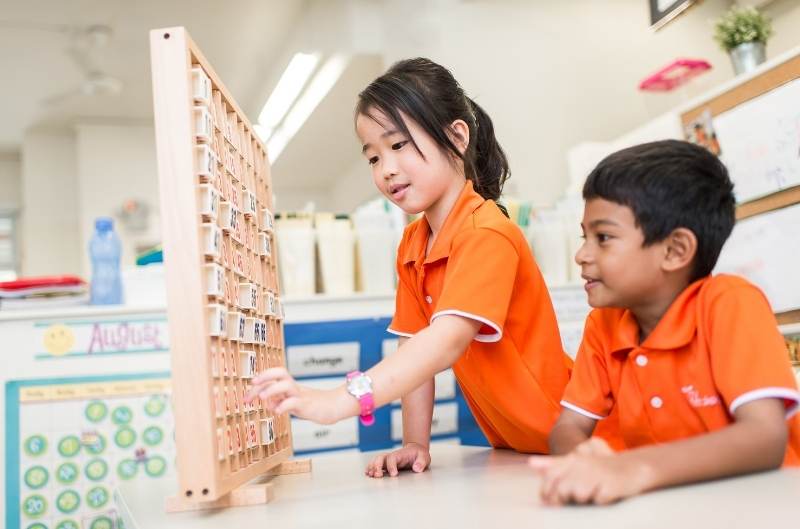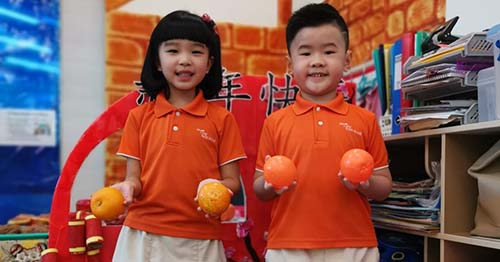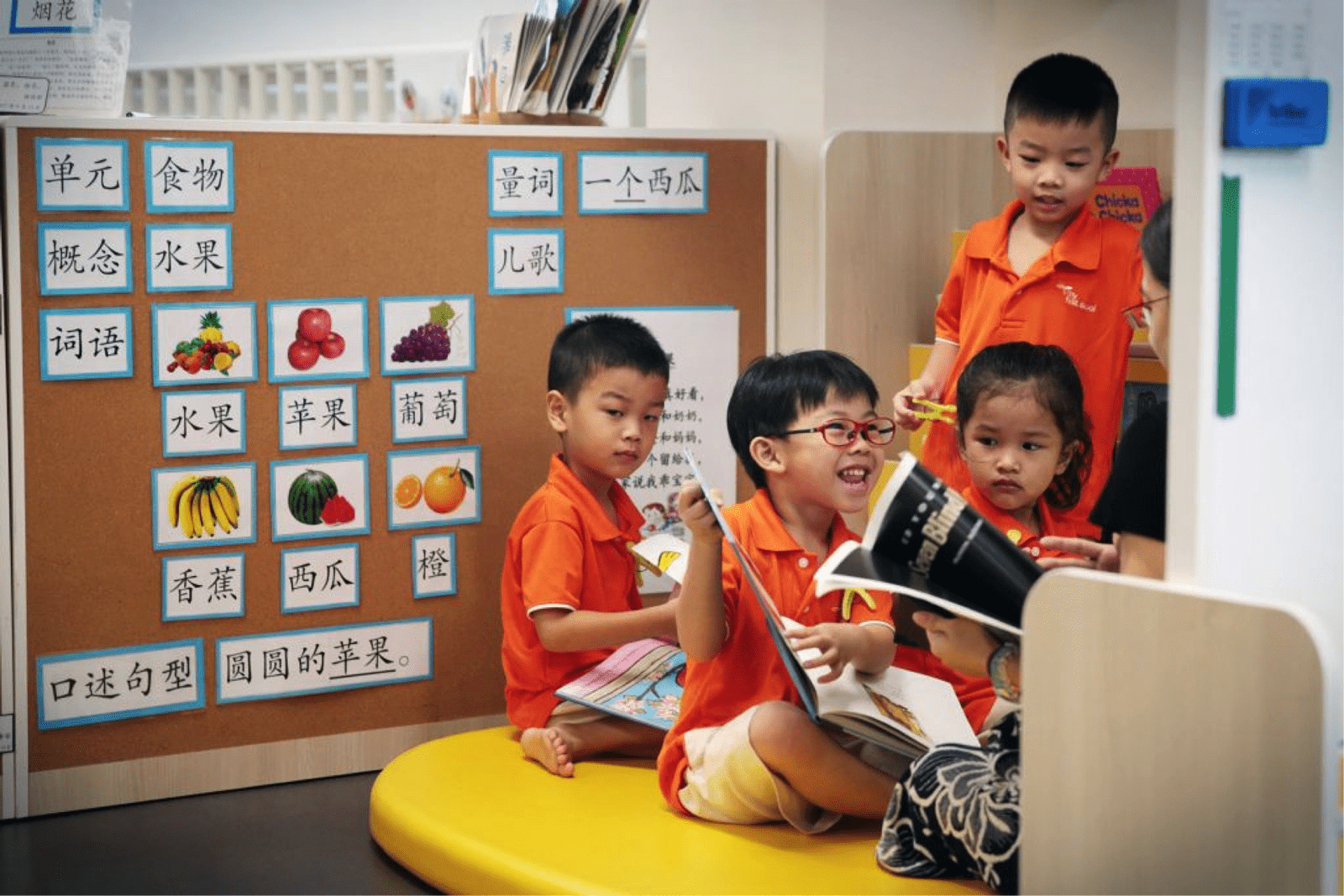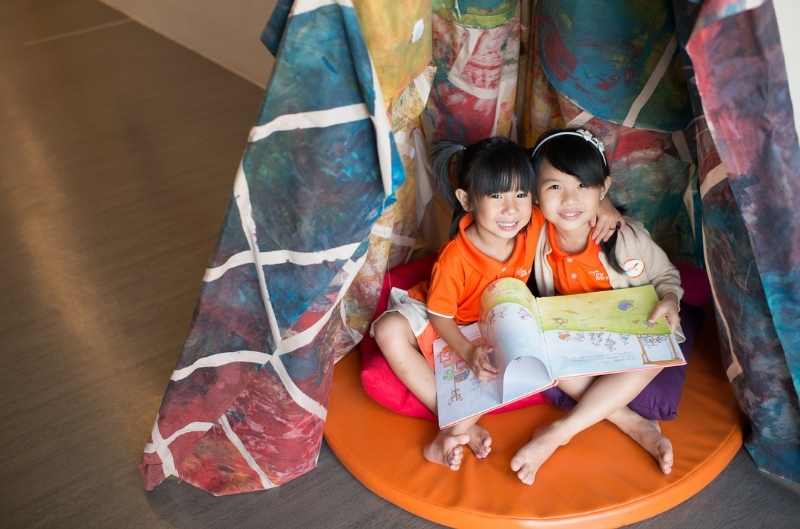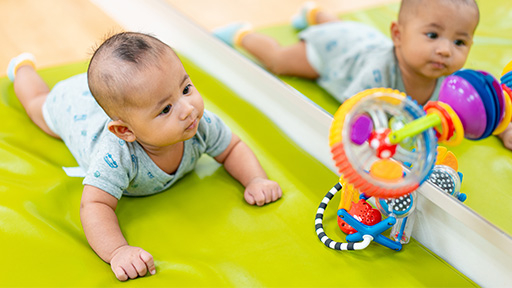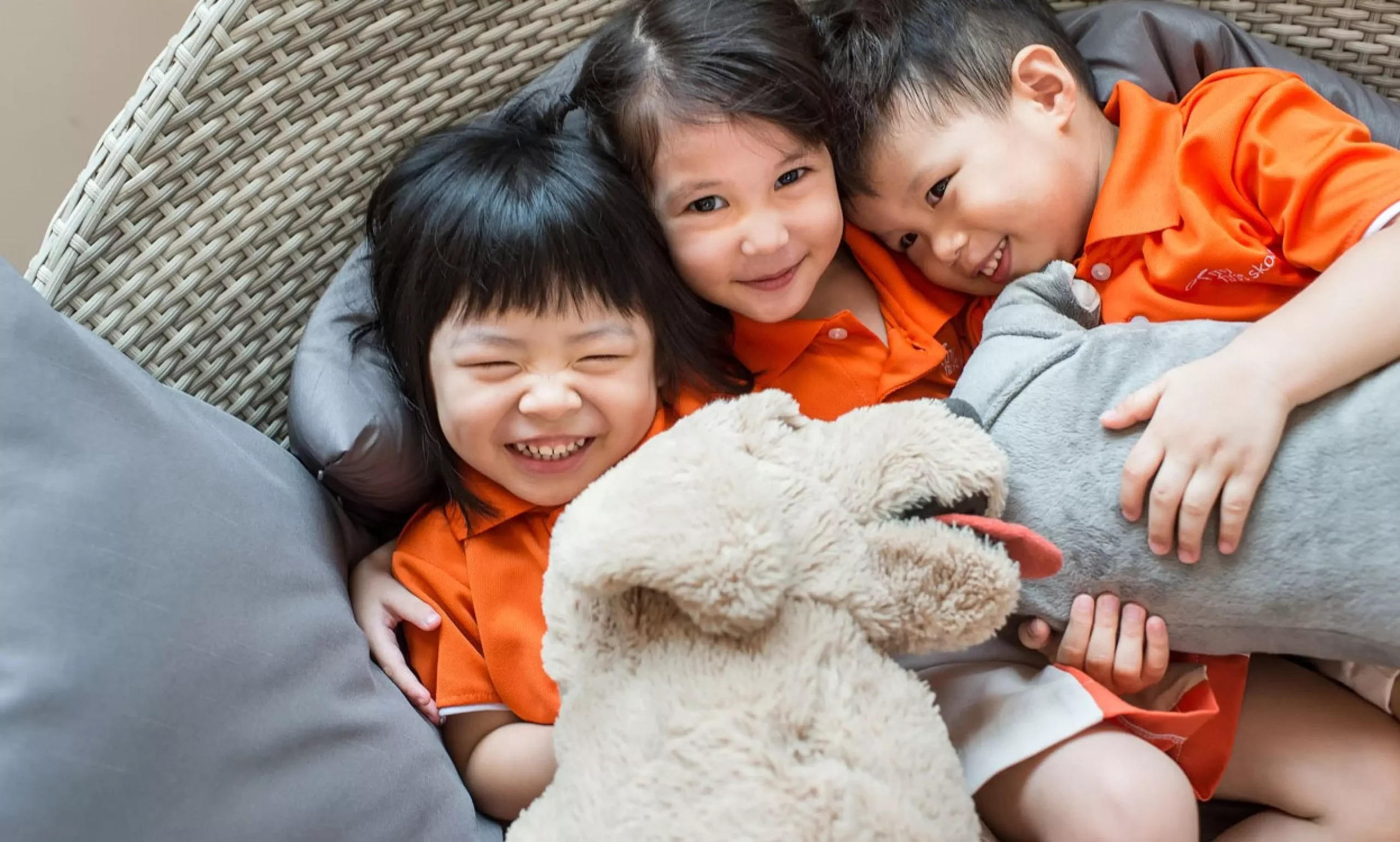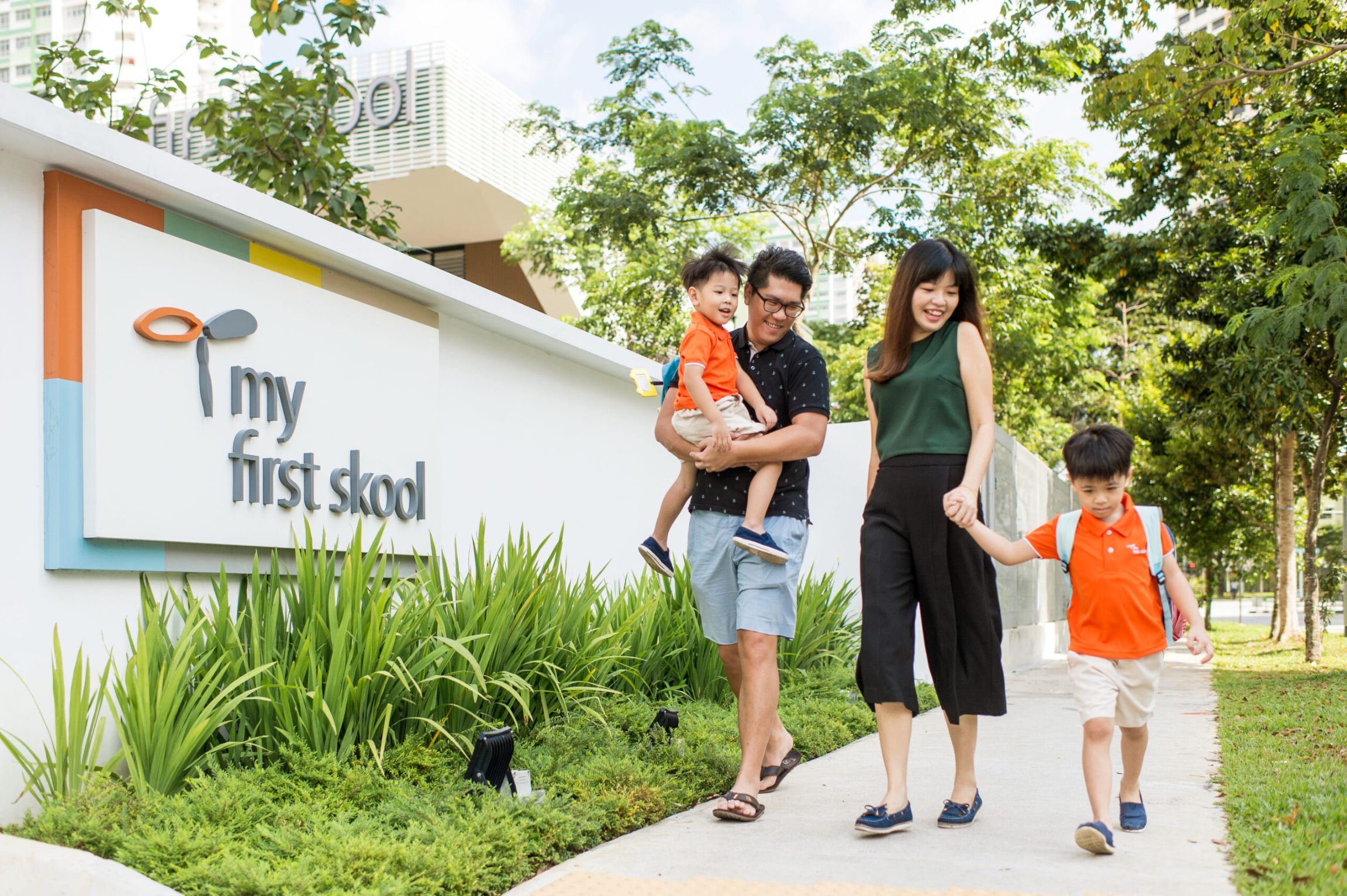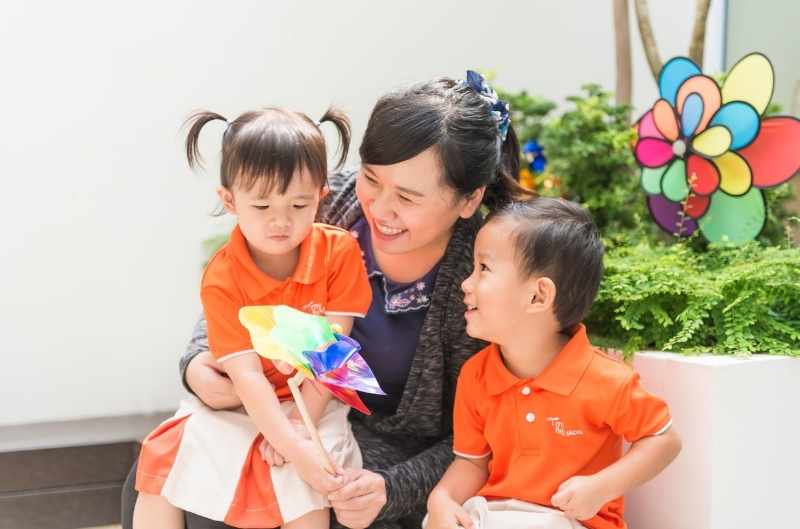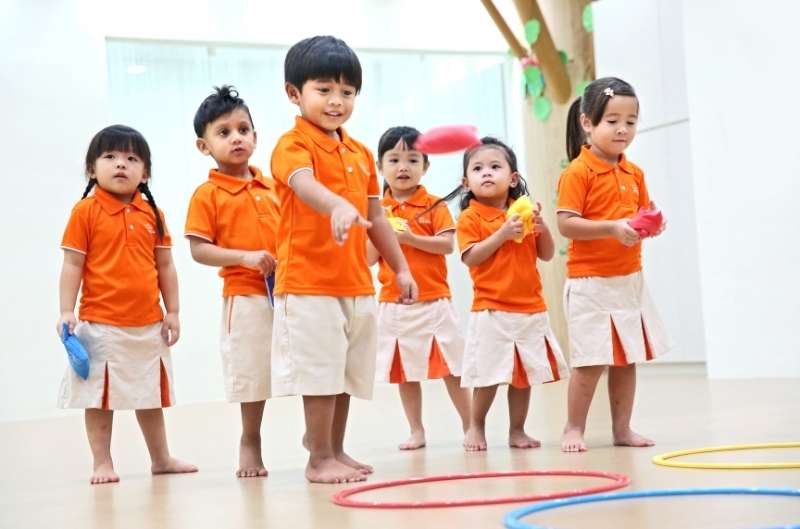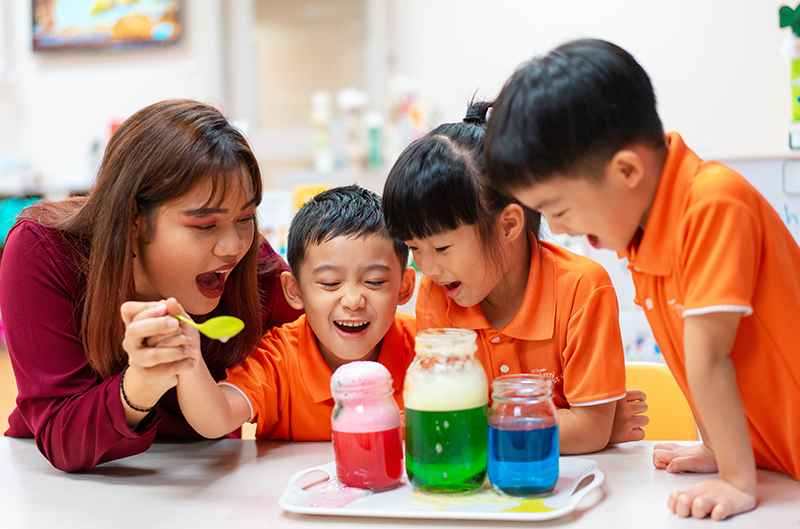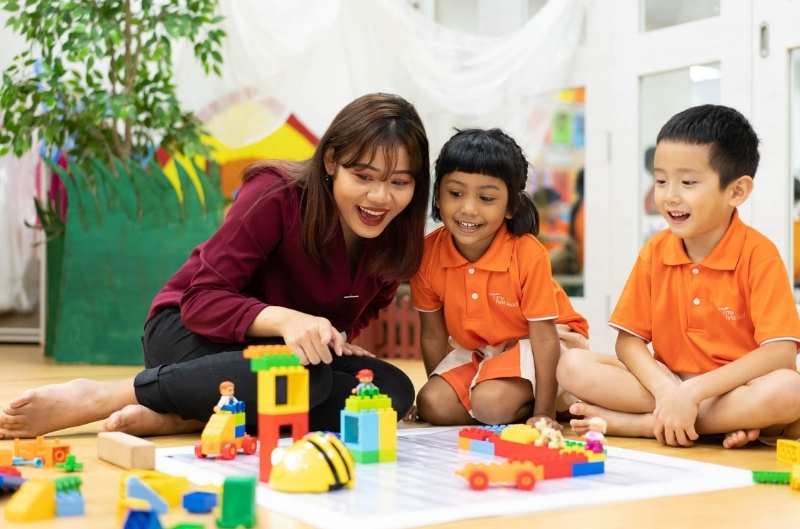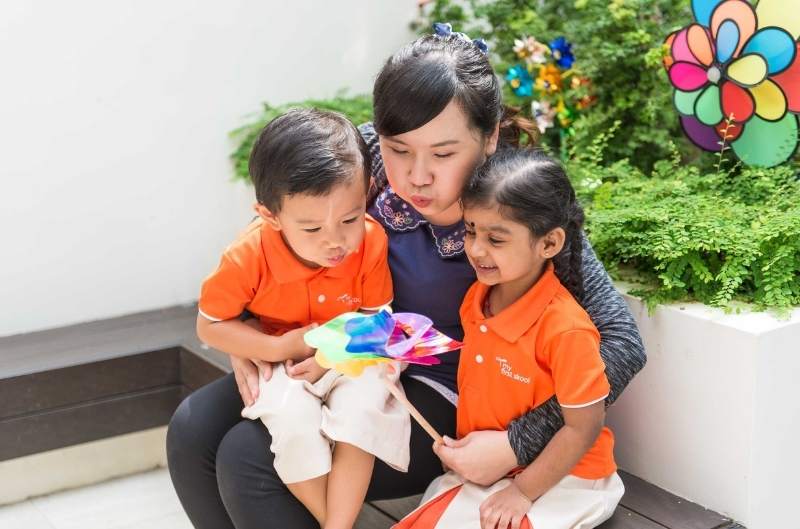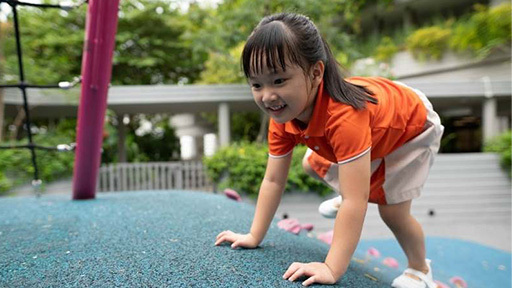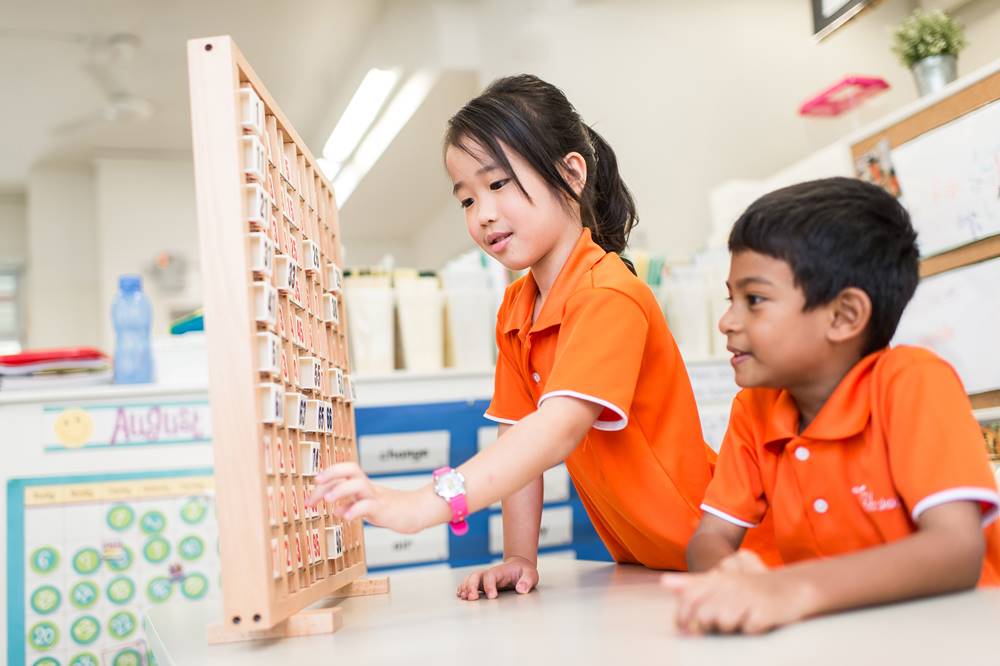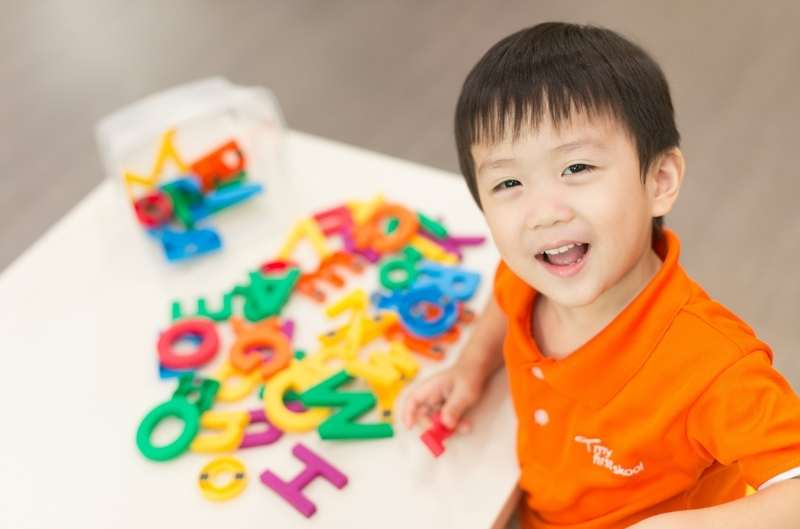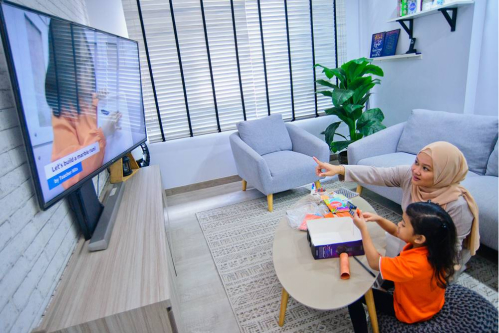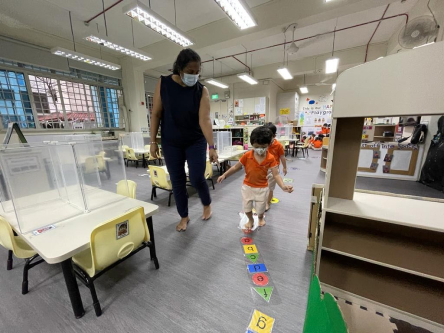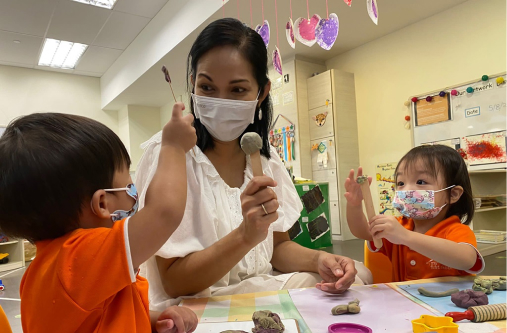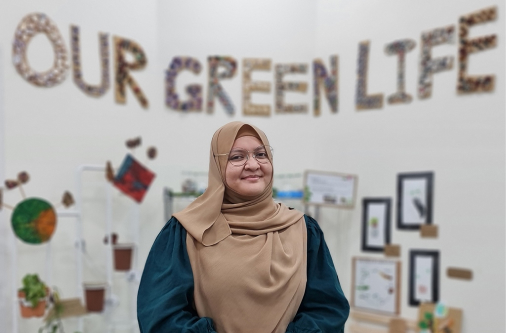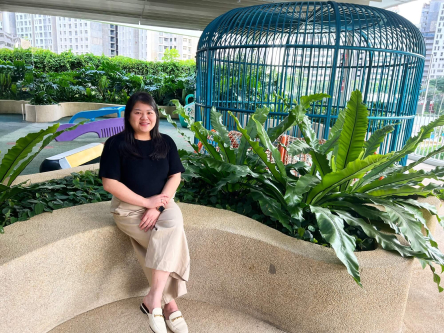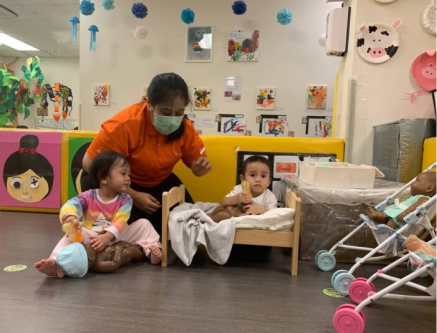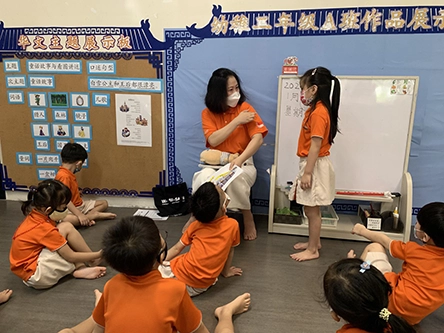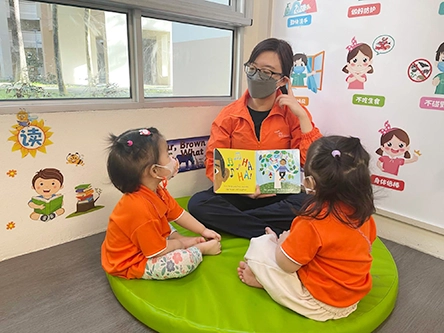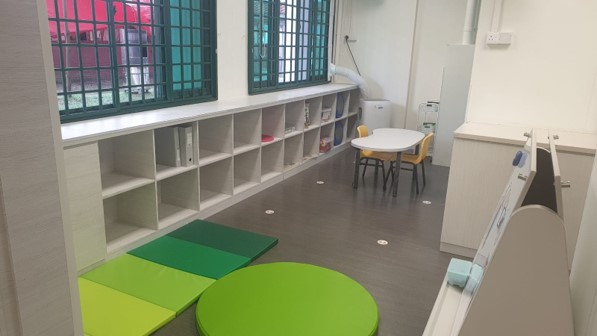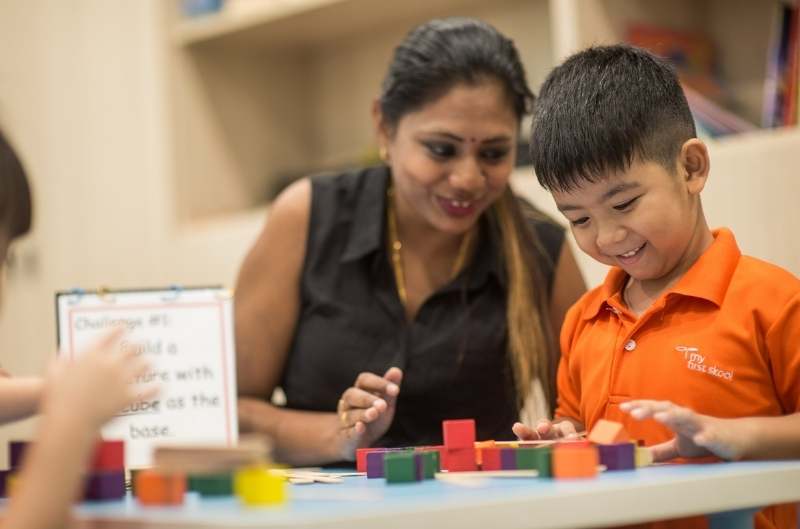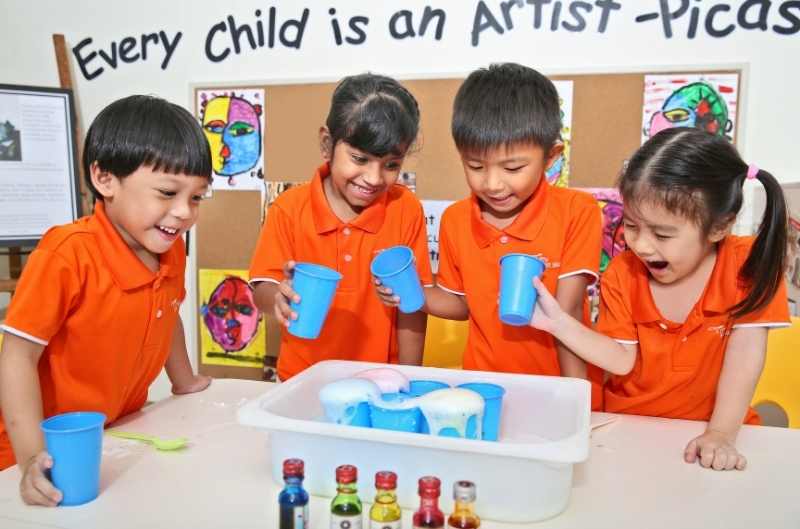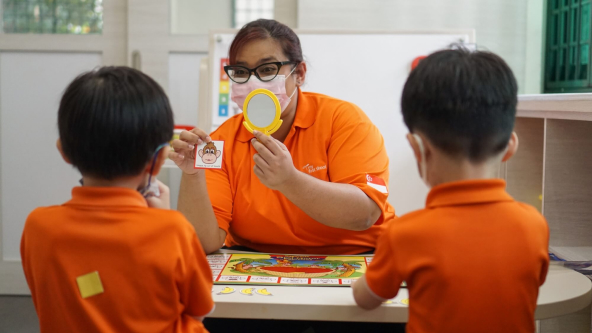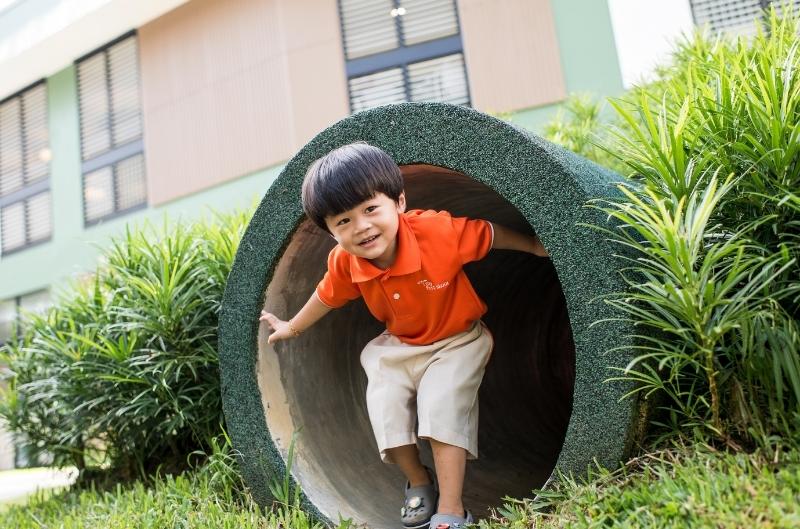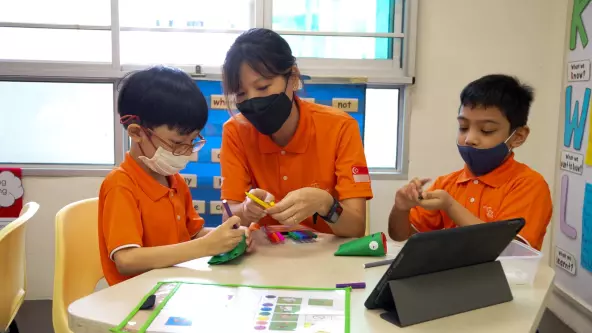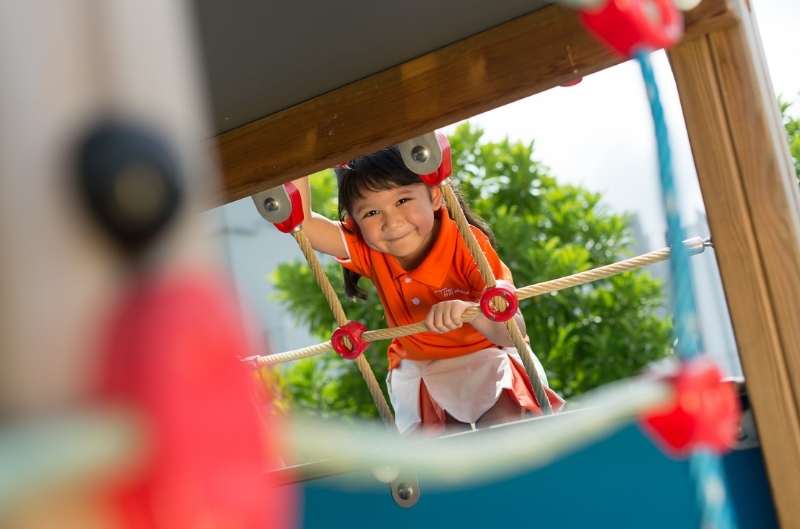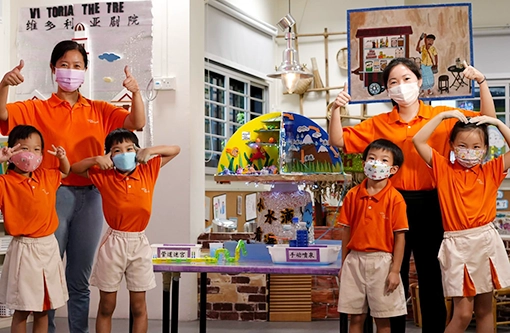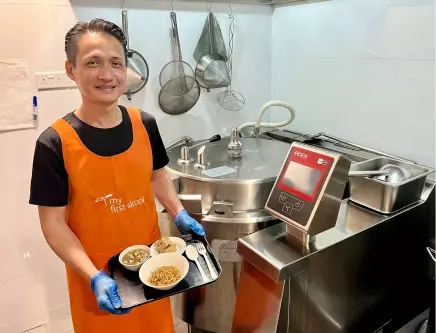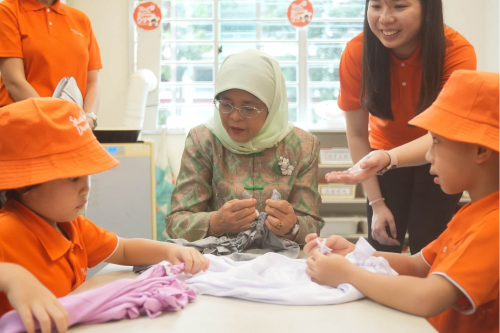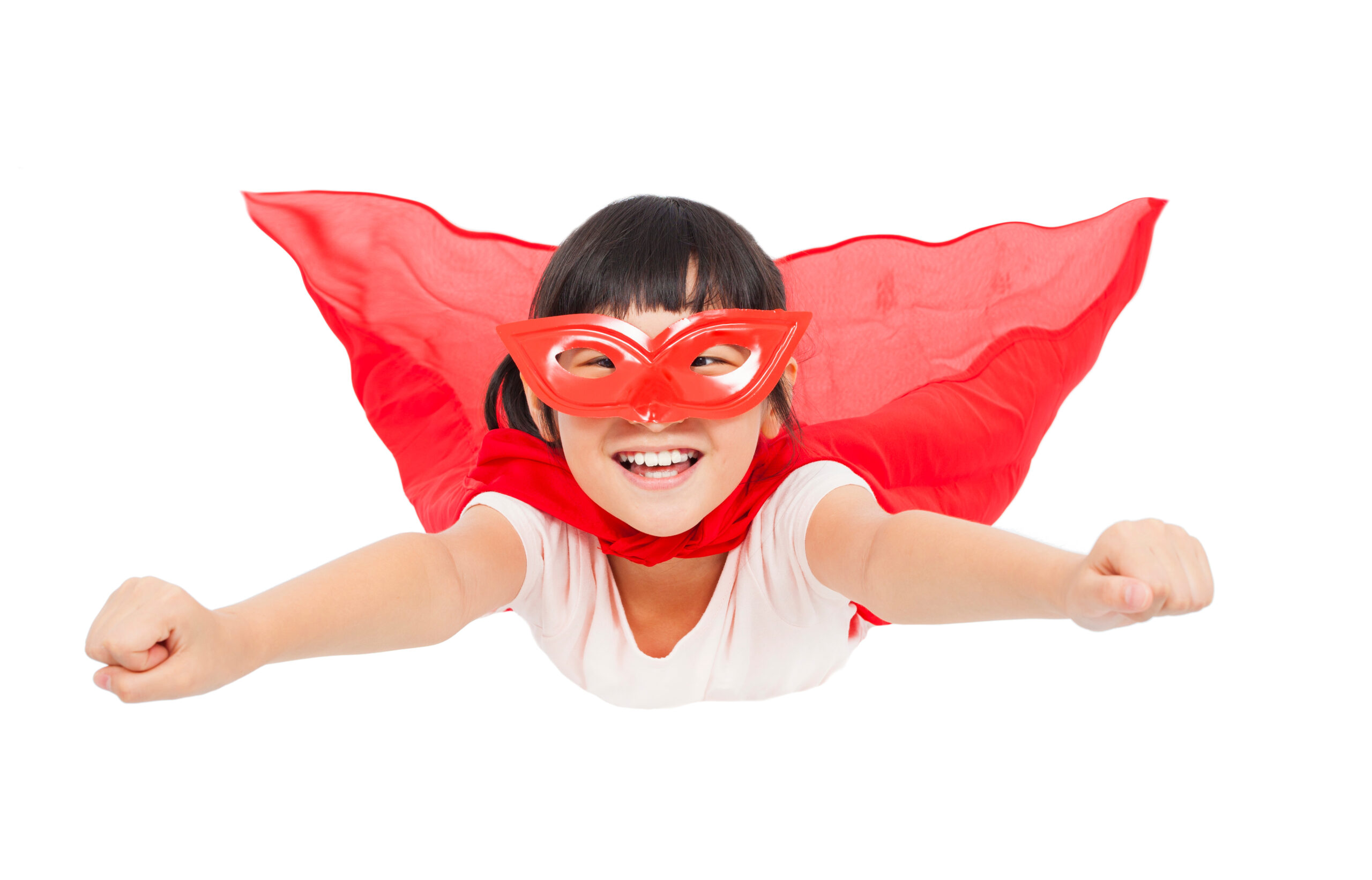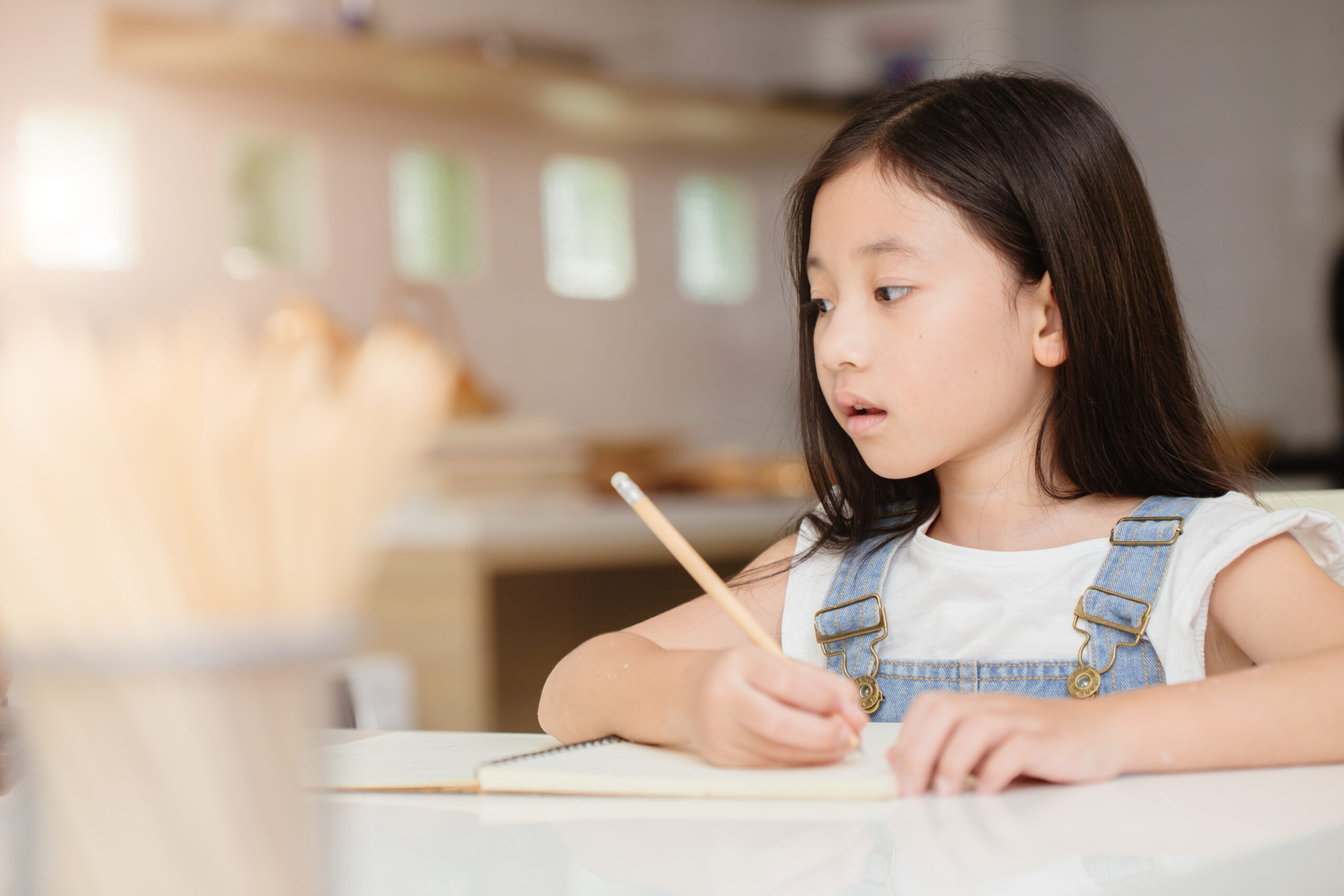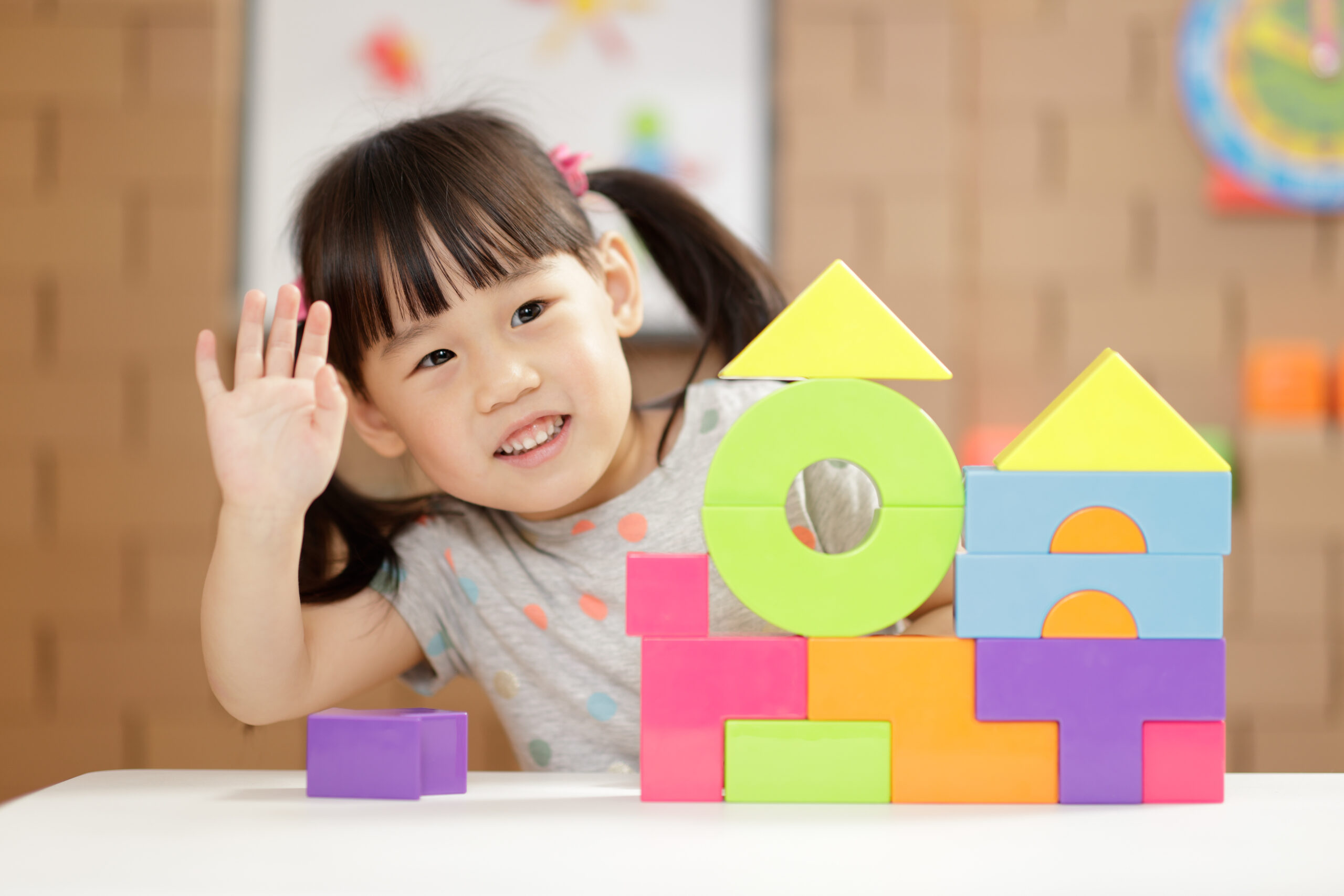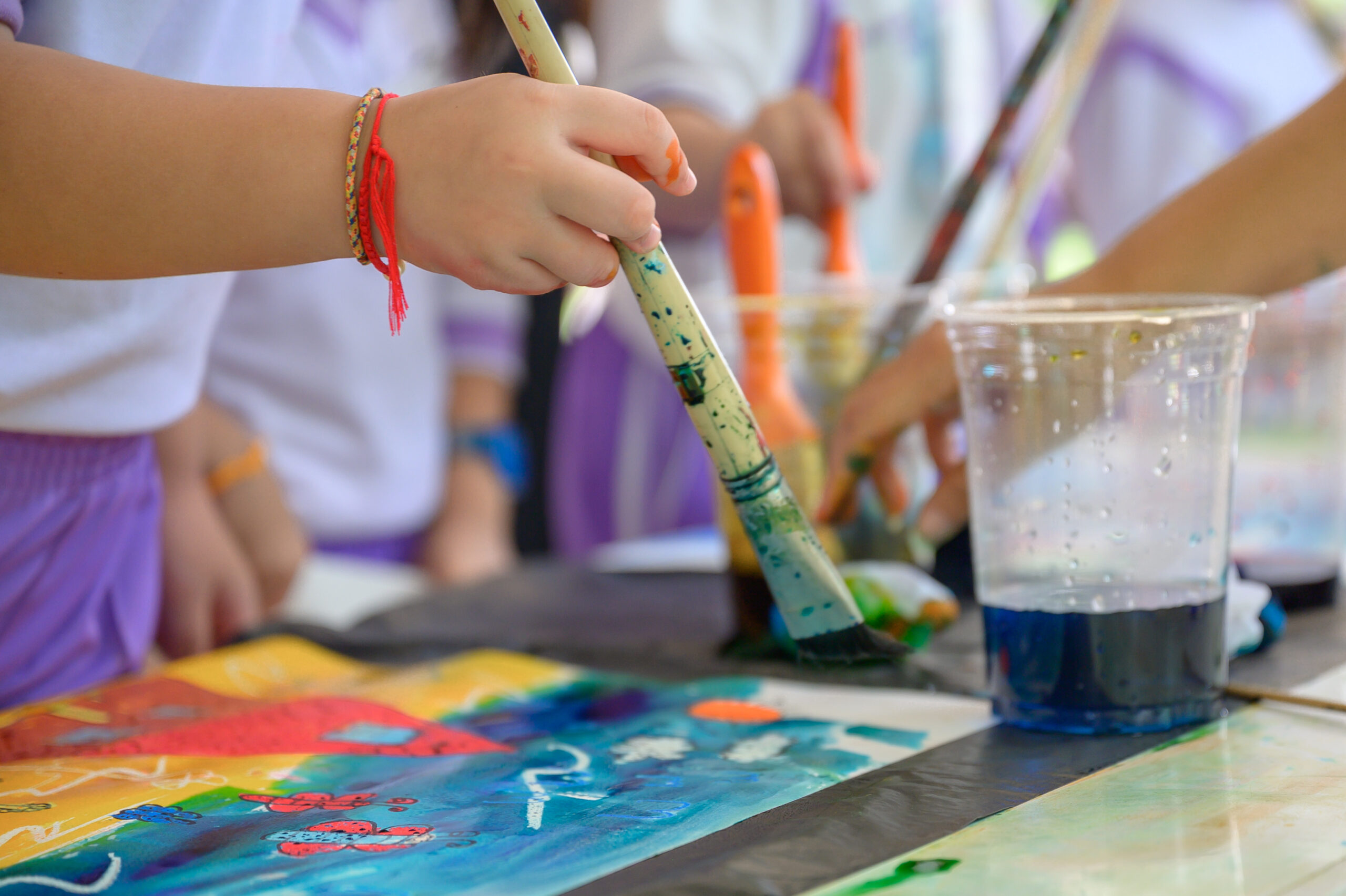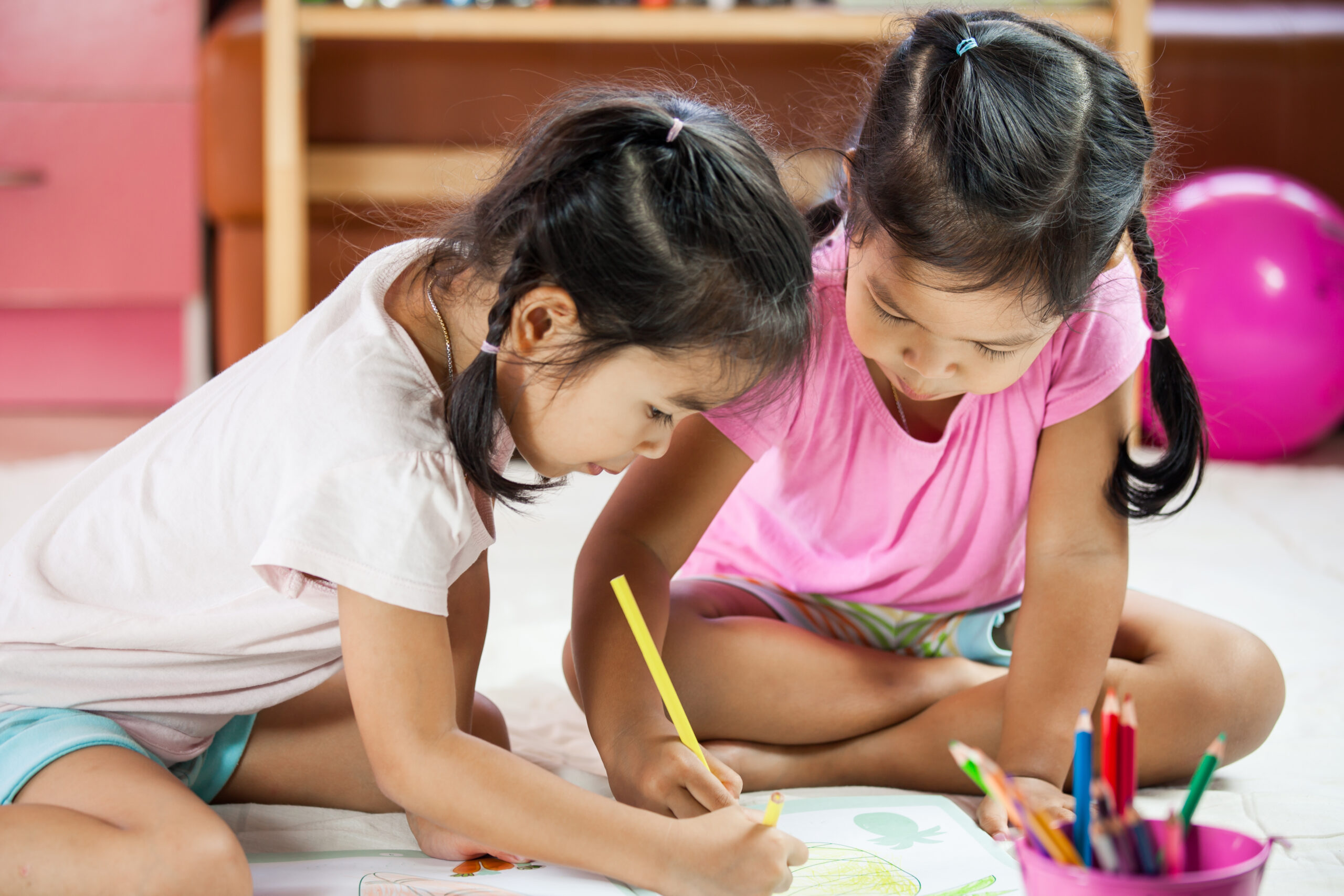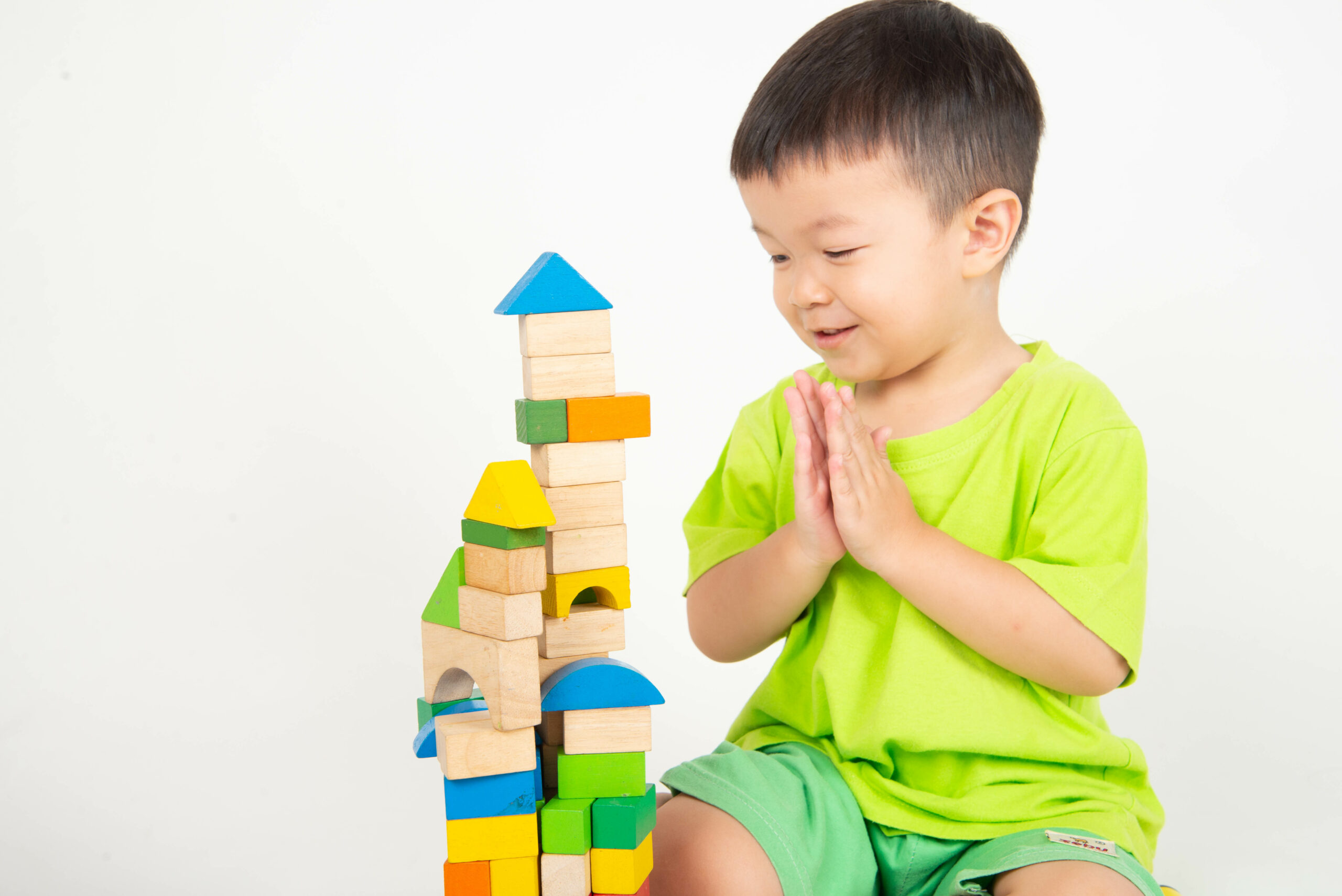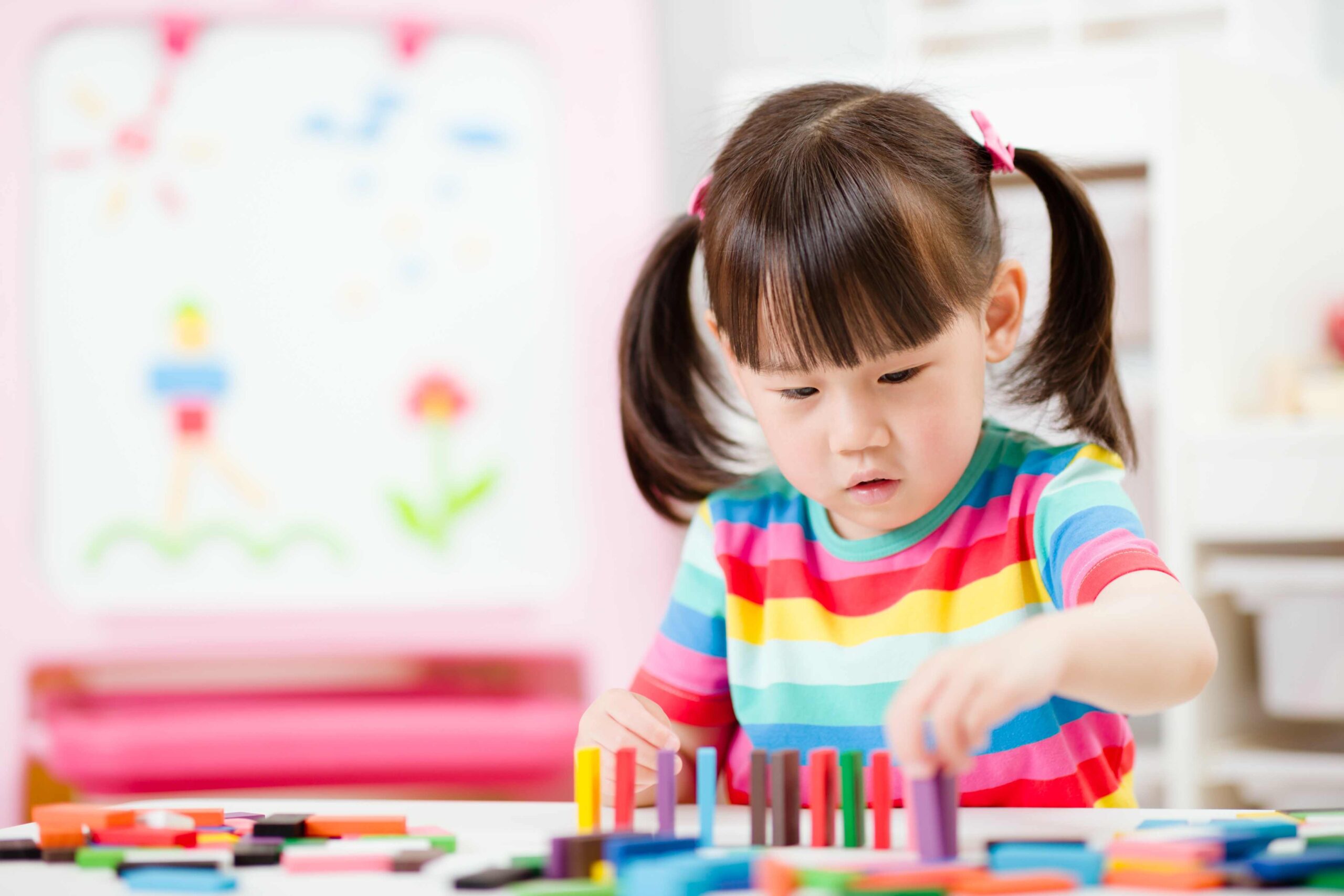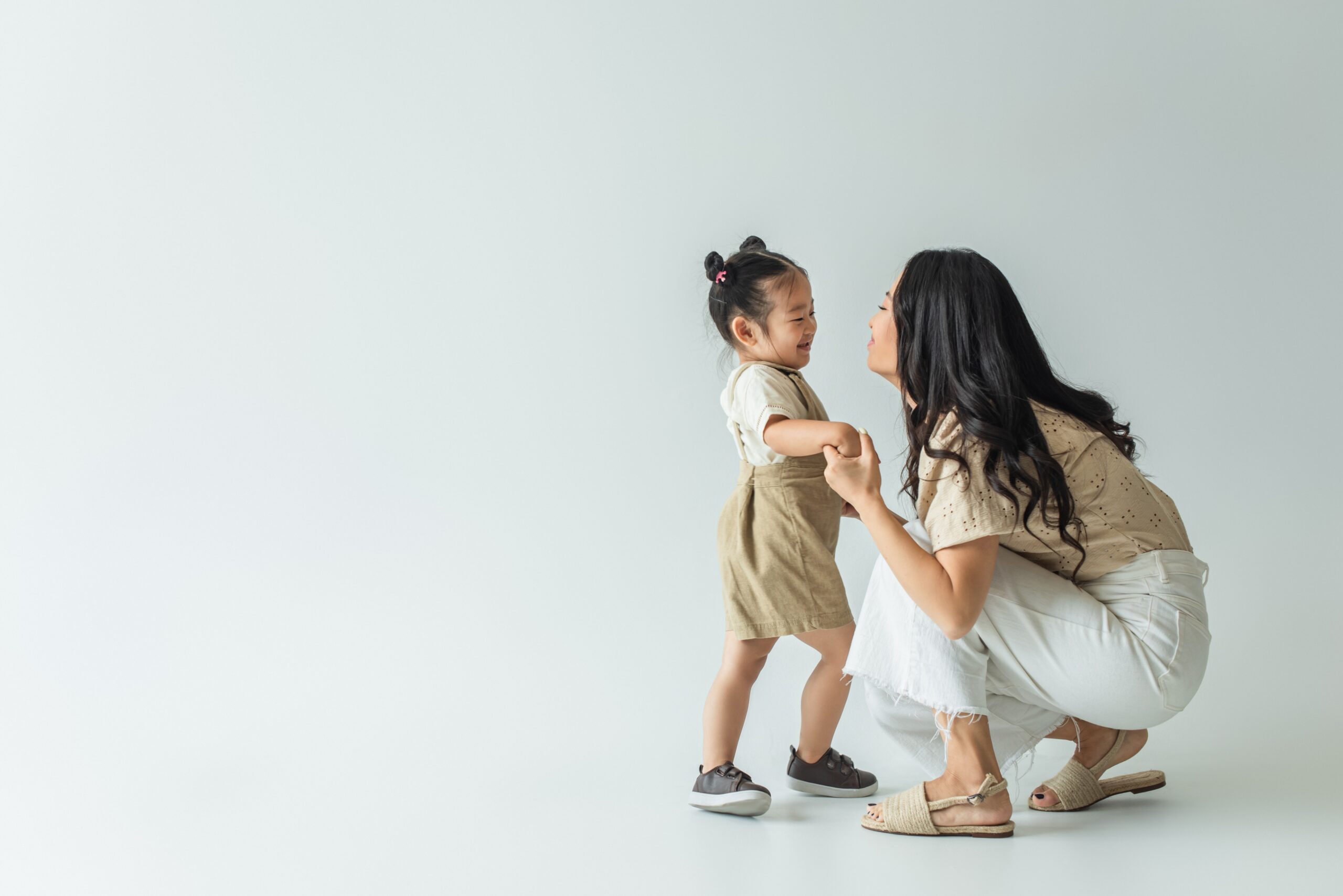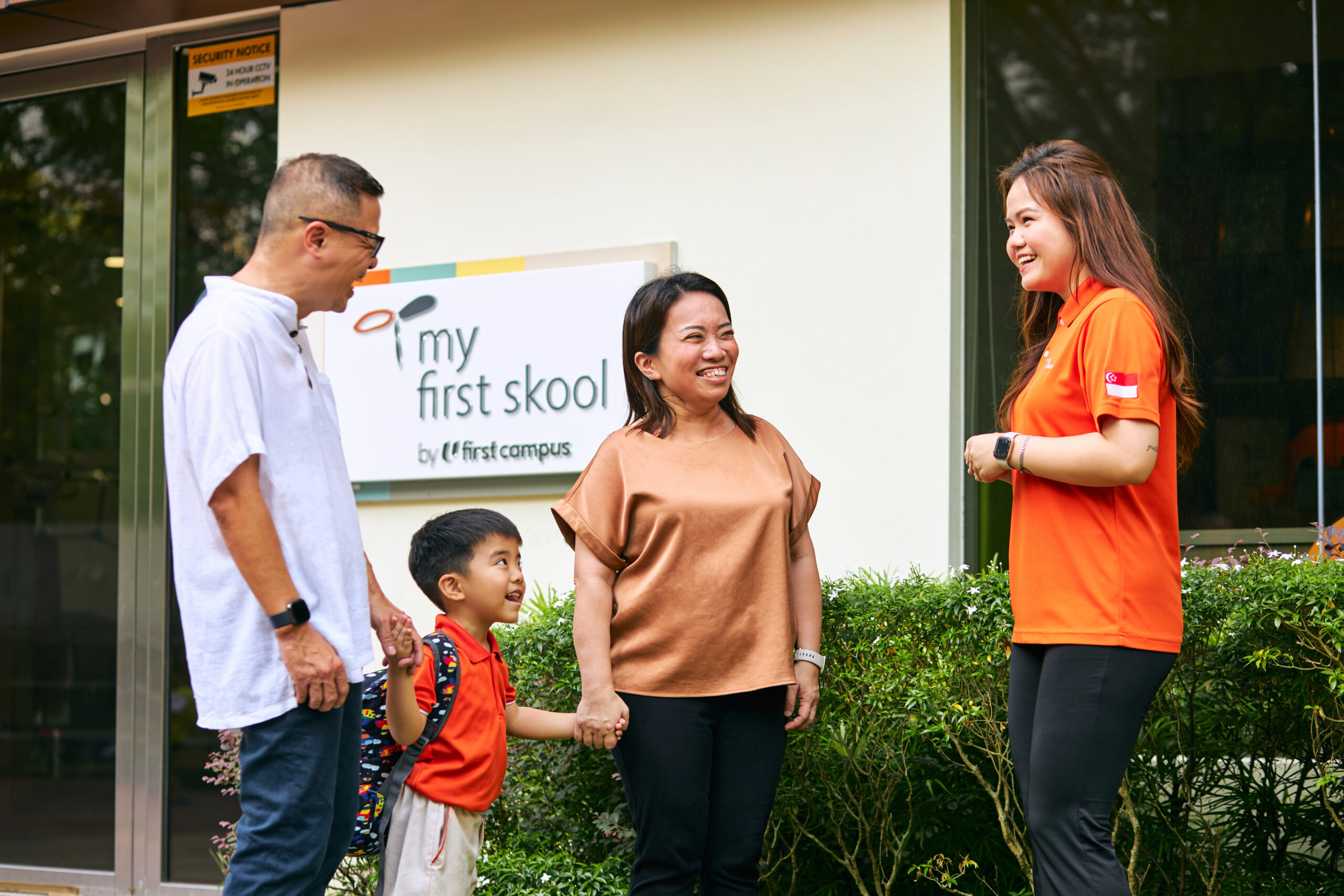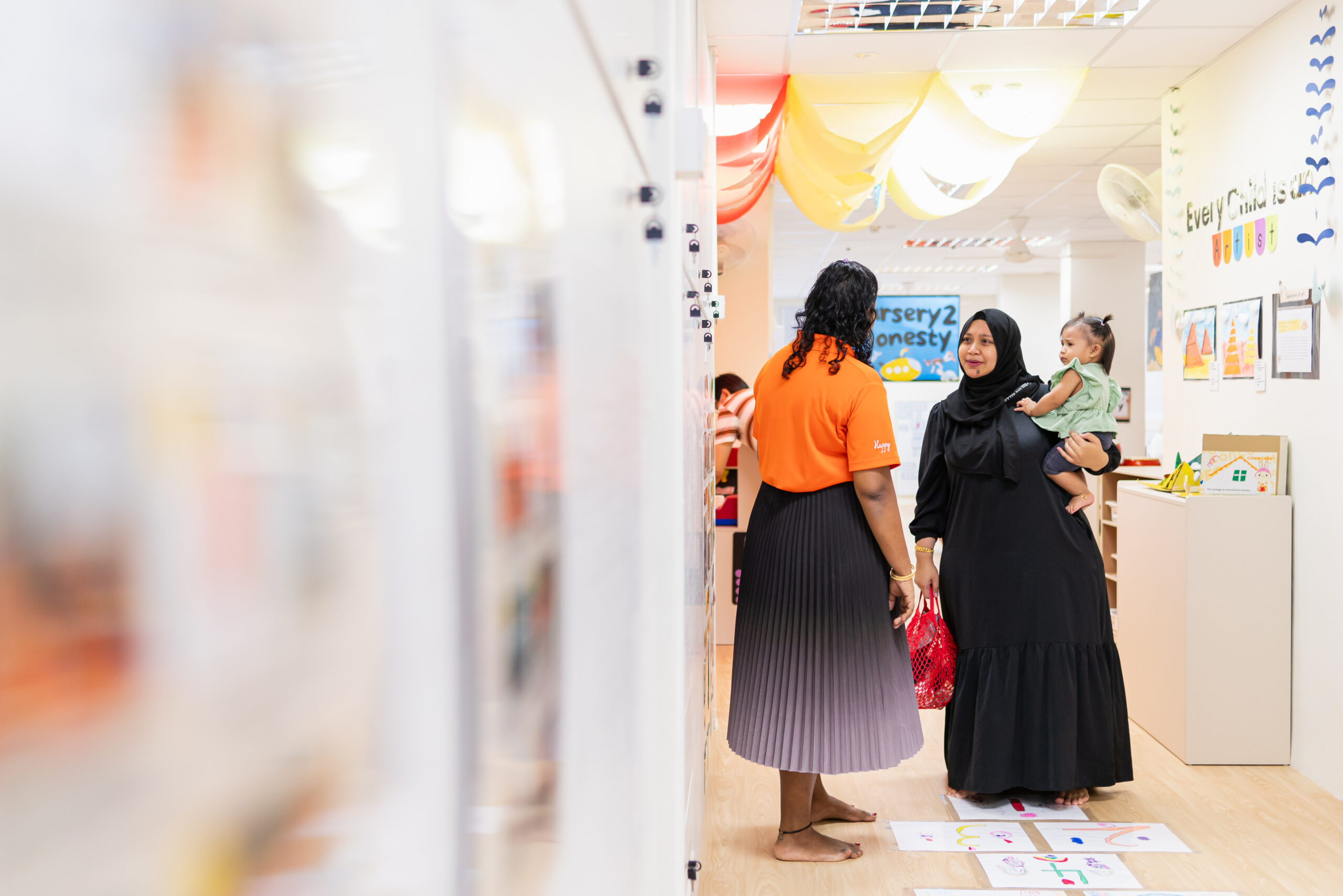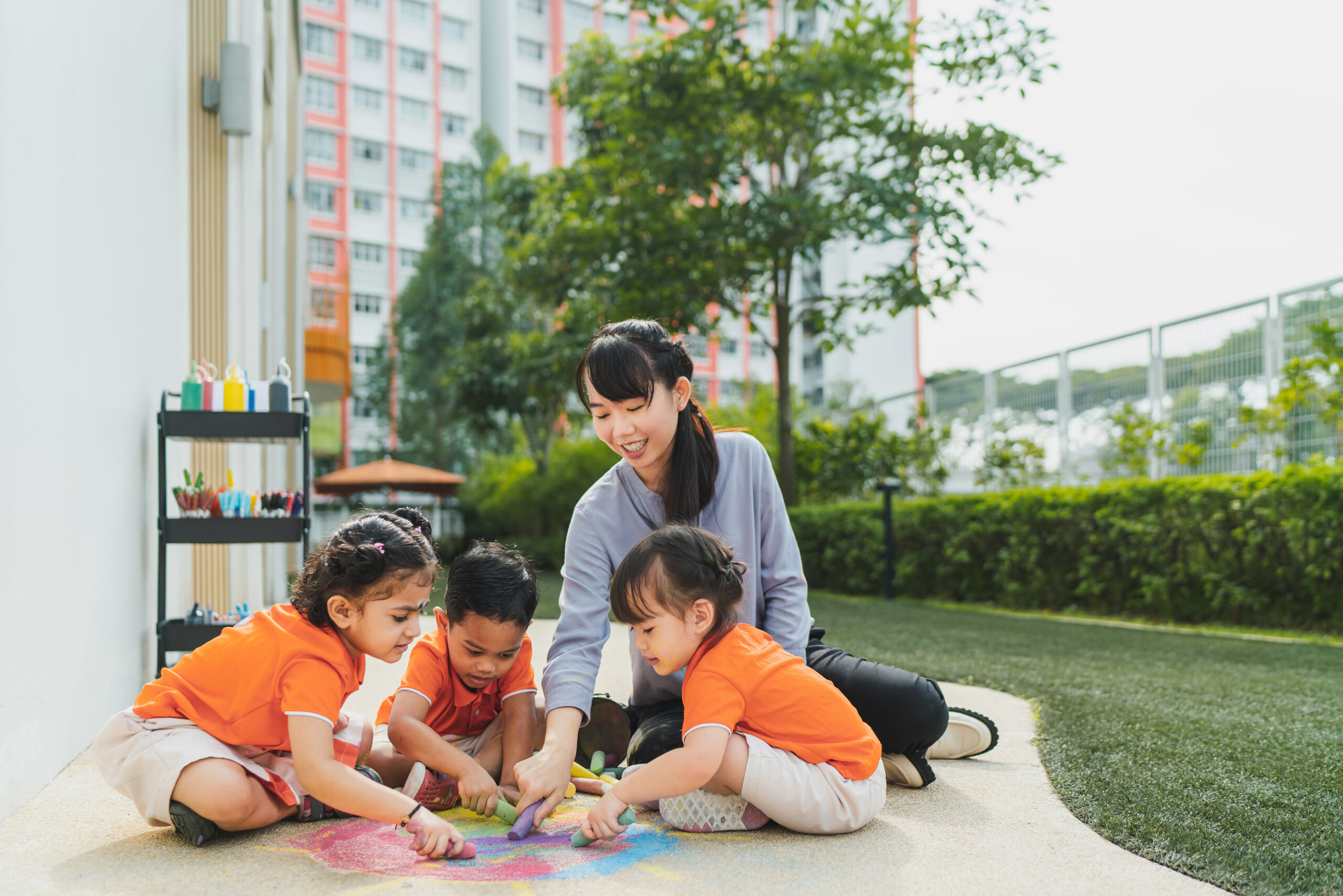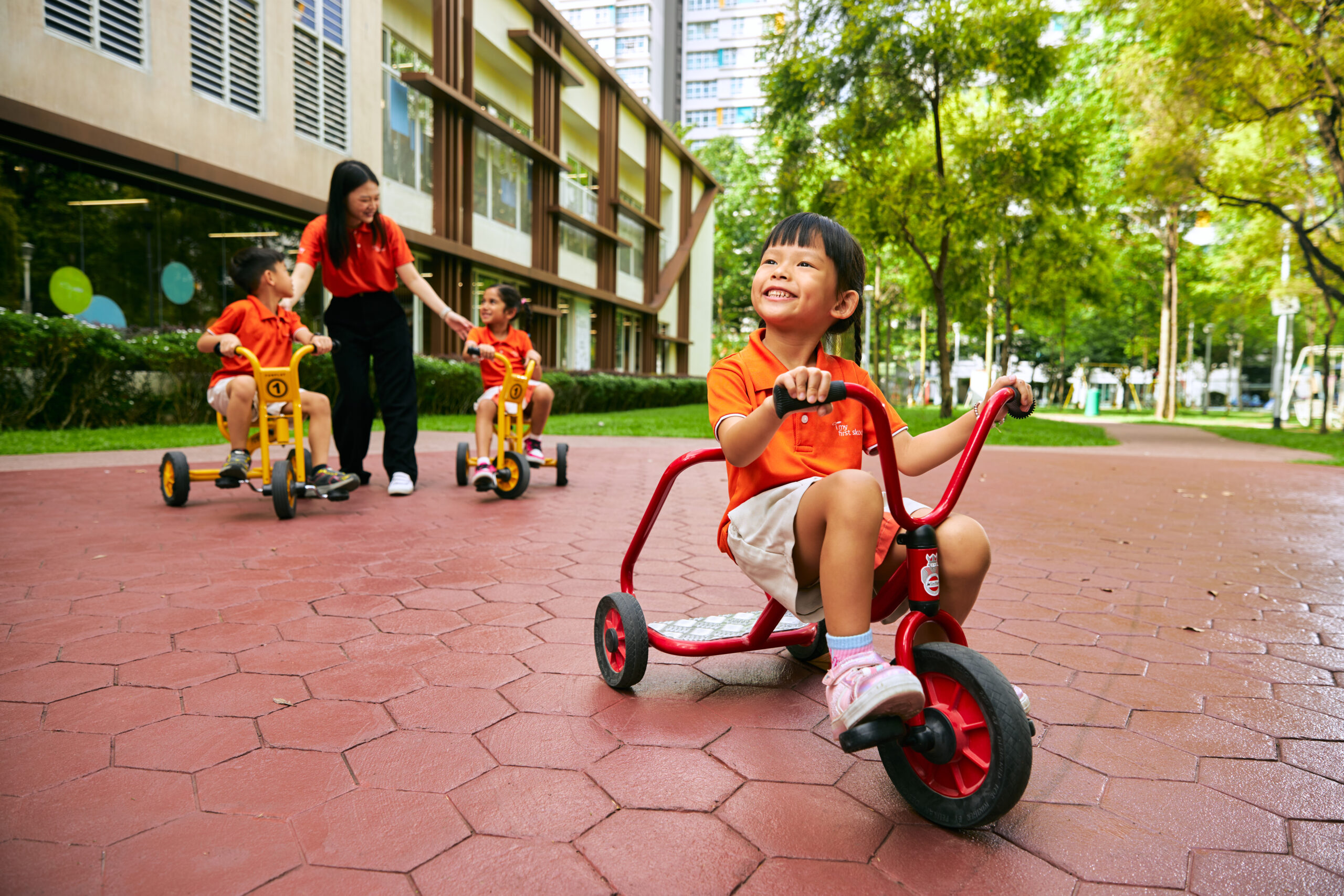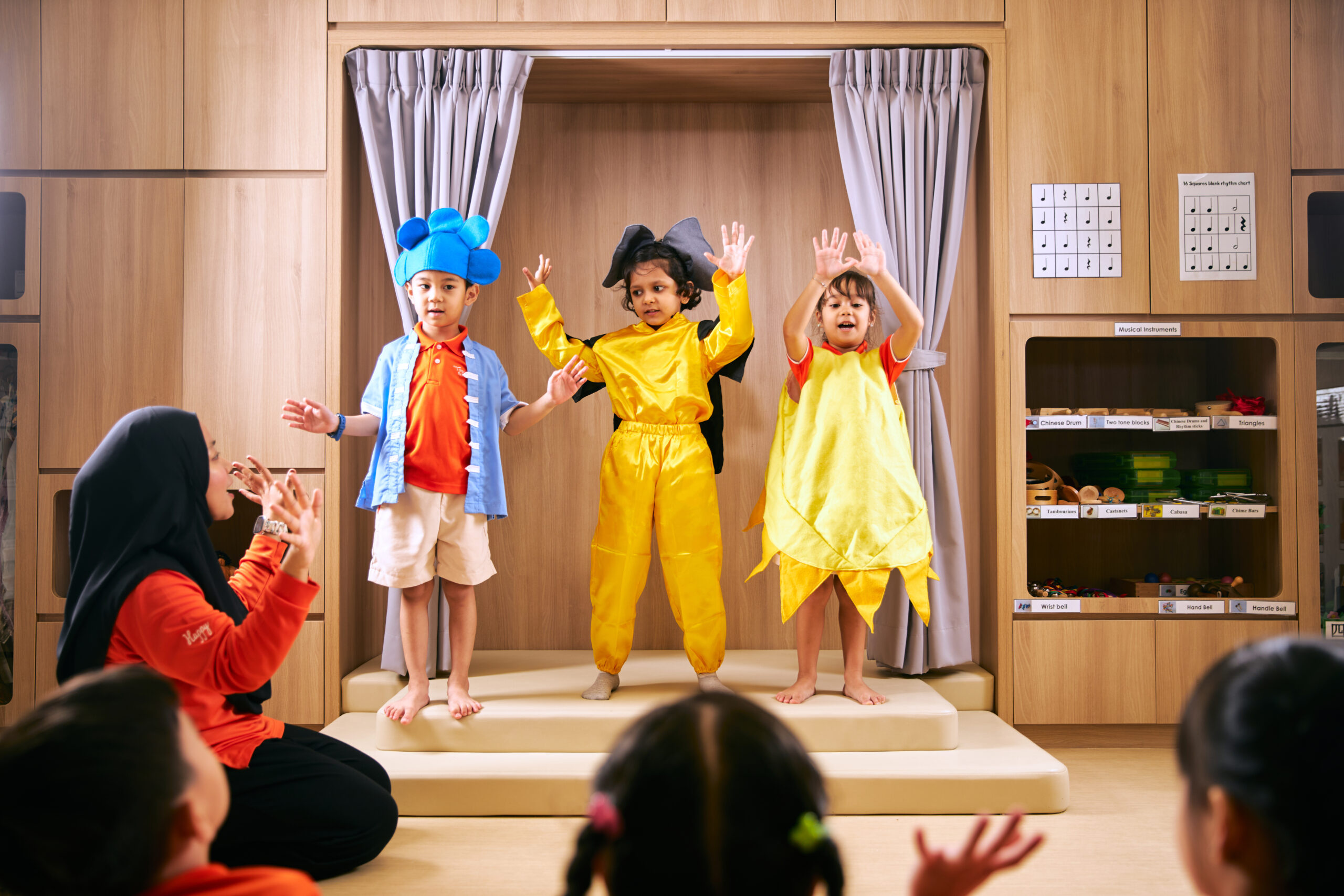How can we help?
Guide to Kindergarten in Singapore: Choosing the Right Preschool for Your Child
Education
Positive Parenting
Preschool
Relationship-based Curriculum
Curious about what kindergarten involves and why it’s crucial for your child? This guide breaks down everything you need to know about kindergarten in Singapore. We’ll discuss the benefits and key components of the curriculum in kindergarten. We’ll also cover the factors to consider when choosing a preschool or kindergarten in Singapore, and how to pick the right one for your child.
Key Takeaways
- Kindergarten is essential for kids aged 5-6, laying a strong foundation for future academic success, social skills and overall development. It is crucial in developing creativity, teamwork, and problem-solving abilities in young children.
- Kindergarten education aids in children’s cognitive, social and emotional development and prepares them for the transition to primary school.
- Parental involvement enhances kindergarten education, supporting child development and fostering a positive school community.
- Choosing the right preschool or kindergarten is a critical decision that requires careful consideration of various factors, including the learning environment, curriculum, teacher qualifications, and school culture.
Understanding Kindergarten Education
The concept of kindergarten originated in the 17th century when it began as a place for child care and moral education. The term “kindergarten” itself is derived from the idea of nurturing children like plants, providing them with the care and education they need to grow and thrive. Kindergarten education is crucial for young children, especially in our fast-paced society where early childhood education lays the foundation for future learning.
In Singapore, children start kindergarten education at 5 years old, but there are preschool programmes available for children at younger ages, from 18 months to 4 years old. Thereafter, compulsory attendance at a primary school begins when a child is 7 years old.
Kindergarten offers a range of activities that enhance children’s skills and abilities. It fosters curiosity, cognitive development, time management, and discipline, preparing them for future academic challenges. Activities like reading stories, singing songs, and role-playing help develop their language and communication skills.
Benefits of Kindergarten School
Kindergarten provides essential advantages that contribute to a child’s holistic development and prepare a child to enter primary school. It fosters cognitive development, enhancing problem-solving and critical thinking abilities, essential for future academic success. When children enter Primary 1, they should be able to demonstrate basic literacy and numeracy skills, and developing these skills in kindergarten helps lay a strong foundation for lifelong learning.
Kindergarten education offers benefits beyond giving children a strong academic foundation. It helps children develop independence and emotional resilience, which are needed as they adapt to new environments and manage new responsibilities in primary school. Further, kindergarten also supports social growth, teaching kids to form healthy relationships, handle conflict, and develop empathy – essential skills for building community and belonging.
Finally, outdoor play and other physical activities in kindergarten will help children develop motor skills and maintain their overall health and fitness in their early years.
We elaborate on these benefits in greater detail below.
Cognitive Development
Most kindergarten curriculums should offer a well-rounded education covering essential subjects. Literacy skills, including letter recognition, phonics, and text comprehension, are foundational. These early literacy skills prepare children for more complex academic concepts in primary school.
At My First Skool, we empower our children to learn through a pedagogical approach called PETAL© – Playing, Exploring, Thinking, and Applying Learning. This approach provides facilitated play experiences that encourage active exploration, critical thinking and making meaningful discoveries.
Mathematics instruction emphasises counting, number recognition, basic addition and subtraction, and understanding simple patterns. These numeracy skills help children develop a strong understanding of mathematical concepts, serving as a foundation for primary school.
Hands-on science education also encourages kindergarten children to ask questions and conduct simple experiments, fostering curiosity and critical thinking skills. Most kindergarten school curriculums will also include creative arts activities like drawing, singing, and dancing to foster creativity and emotional expression.
Apart from structured learning activities, engaging in play in kindergarten enhances creativity and imagination, crucial for cognitive development. Pretend play fosters language development and allows children to express their ideas and emotions. Puzzles and games also help children to enhance their decision-making, problem-solving and critical-thinking abilities.
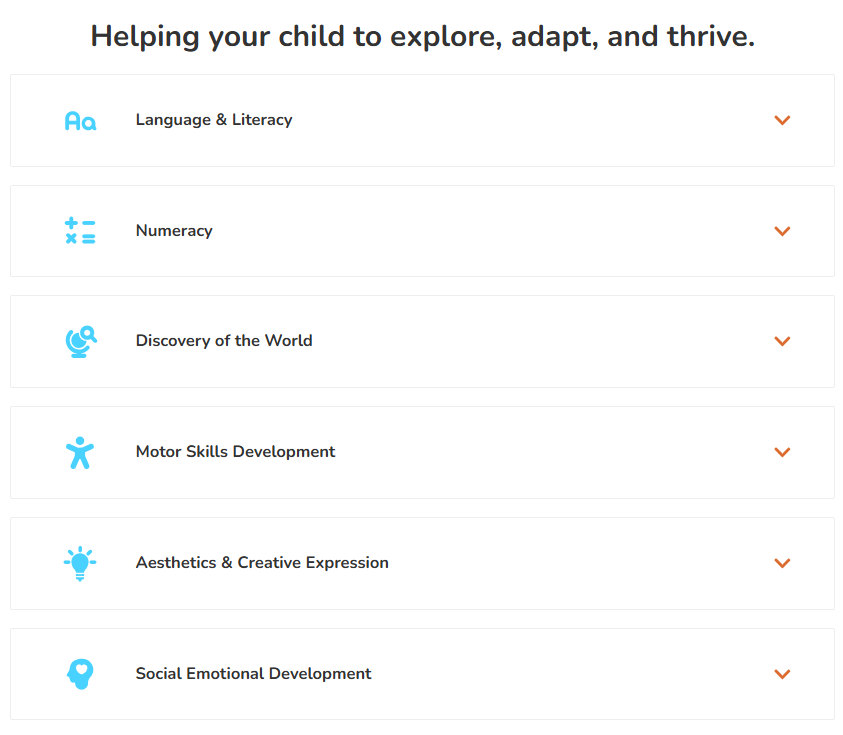
Emotional and Social Development
Emotional and social development is a critical aspect of kindergarten education. Kindergarten fosters independence by teaching children to perform tasks with minimal help from teachers. Managing their belongings and personal hygiene builds responsibility, boosting confidence and self-esteem. These skills also enable better concentration and effective engagement with peers.
Through group play and interactions with their peers in kindergarten, children also develop teamwork, collaboration and communication skills. Interactive games and activities teach children the value of working together, sharing, and supporting one another. These social skills are essential for building healthy relationships and a sense of community.
Further, when interacting with their peers in kindergarten, children are bound to face conflicts and disagreements. In this nurturing environment and under the guidance of educators, children can learn to manage their emotions, deal with such conflicts or challenges, and empathise with others. The ability to handle conflict and self-regulate are essential for overall well-being and success in future academic and social settings.
Physical Education in Kindergarten
Physical education focuses on developing motor skills and overall health. Outdoor play enhances motor skills such as agility, balance, and coordination, essential for physical development and practical tasks.
Regular outdoor activities significantly benefit children’s health. They contribute to:
- A lower body mass index (BMI), reduces the risk of obesity
- Promoting overall health
- Strengthening muscles
- Boosting immune systems, keeping children healthy and active
Exposure to outdoor environments presents diverse physical challenges, building self-confidence and resilience. These experiences support physical development and also contribute to emotional and social growth, making physical education a vital component of kindergarten learning.
Parental Involvement in Kindergarten Education
Parental involvement significantly enhances children’s education in kindergarten. Engaging with your child’s education provides essential support and encouragement. Regular communication with teachers, participation in classroom activities, and a supportive home learning environment are key ways parents can be involved.
Involving parents in school activities and fostering community connections enhances children’s learning experiences. Active parental involvement makes children feel supported and motivated to succeed. It also strengthens the school community, creating a positive and collaborative environment for all students.
Effective parent involvement benefits the child’s academic success and promotes a stronger school community. Collaboration between parents and educators ensures children have the best possible start in their educational journey.
Choosing the Right Kindergarten or Preschool
Choosing the right kindergarten or preschool requires careful consideration and planning.
Begin your selection process early
The spots in many of the more popular and reputable preschools tend to fill up quickly and usually have waitlists to allow parents to register their children in advance. You will usually be required to submit an application and pay a fee in order to secure a place for your child.
Consider school hours
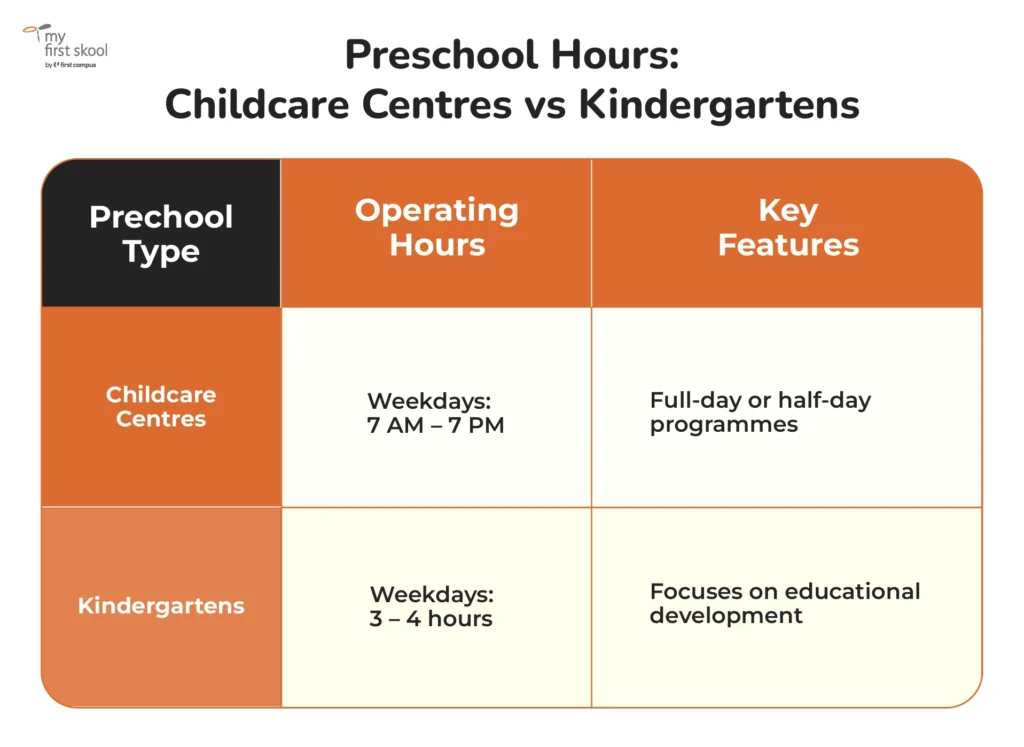
Preschools offering kindergarten-level programmes may operate as childcare centres or kindergartens. Childcare centres offer full-day programmes and usually operate from 7 AM to 7 PM, on weekdays. Kindergartens typically operate for 3 to 4 hours each day, either in the morning or the afternoon, and are closed on weekends and school holidays. Unlike childcare centres, kindergartens focus more on children’s educational development and not on extended care services.
If your children require full-day, extended care, childcare centres may be a better option for you as they ensure that your children stick to a consistent routine and receive essential care services throughout the day.
At My First Skool, we offer full-day childcare services and preschool programmes for children aged 18 months to 6 years old, as well as infant care services for infants aged 2 to 17 months.
Book a tour of the preschool
Booking a school tour to assess the preschool’s environment and verify that its facilities and resources are as marketed. A supportive school culture also significantly affects a child’s educational experience, and visiting schools helps assess this environment. It’s also useful to look at other parents’ reviews on the preschool or kindergarten you are considering.
Assess the curriculum based on your child’s learning needs
Consider if the preschool’s curriculum and learning environment is aligned with your child’s learning style and developmental needs, to ensure a good fit. Different kindergartens follow different educational philosophies and systems (such as Montessori or Reggio Emilia), and some may prioritise preparing children academically while others may focus more on play-based learning or a skills-based curriculum. Teacher qualifications and the student-to-teacher ratio are also critical elements that impact education quality.
At My First Skool, we have 45+ years of experience in child care and preschool education. All our centres are staffed with trusted, passionate teachers who are professionally trained in early childhood education and are dedicated to ensuring a well-rounded educational journey for your child.
Our relationships-based curriculum employs a pedagogical approach called PETAL© – Playing, Exploring, Thinking, and Applying Learning, which provides facilitated play experiences that encourage active exploration, critical thinking and making meaningful discoveries. These diverse approaches ensure that children receive a comprehensive early education tailored to their unique learning styles.
For children who may experience developmental delays and require more assistance, we also run NTUC First Campus’s pioneer Development Support Specialist (DSS) programme in selected My First Skool Centres. The DSS Programme is focused on children aged 18 months to 6 years old who require a medium level of early intervention support.
Cost of services
The range of fees for preschools in Singapore can vary considerably. However, the Government has put several measures in place to ensure that all children have access to quality early education:
- Government-operated Ministry of Education (MOE) kindergartens are available to Singapore Citizens and Permanent Residents.
- Preschools under the Early Childhood Development Agency (ECDA)’s Anchor Operator (AOP) scheme and Partner Operator (POP) scheme also offer kindergarten programmes at affordable rates which are kept to a monthly fee cap. This can help lighten the financial burden of parents given the rising cost of living in Singapore.
- Parents can also enrol their child into their kindergarten of choice and apply for government subsidies under the Infant and Childcare Subsidy Scheme and the Kindergarten Fee Assistance Scheme.
My First Skool has been appointed as an Anchor Operator by the ECDA. We are dedicated to keeping our childcare fees affordable and accessible and offer a number of financial support schemes to benefit families from lower-income or disadvantaged backgrounds.
160+ Locations Islandwide
Every year, over 26,000 families all across Singapore see their children benefit from our relationships-based curriculum – one that emphasises forging strong bonds between children, teachers and parents. Find a centre near you or take a virtual tour to explore our learning environments and learn how your child can thrive.
Summary
In conclusion, kindergarten education in Singapore offers numerous benefits that lay the foundation for future academic success and overall development. From cognitive and emotional growth to social and physical development, kindergarten plays a vital role in preparing children for their educational journey.
Choosing the right kindergarten is a critical decision that requires careful consideration of various factors, including curriculum, teacher qualifications, and school culture. By understanding the importance of early childhood education and being actively involved in your child’s learning, you can provide them with the best possible start in life.
Frequently Asked Questions
What level is kindergarten in Singapore?
In Singapore, kindergarten is divided into two levels: Kindergarten 1 (K1) for children aged 5 years and Kindergarten 2 (K2) for those aged 6 years. This structure supports the developmental needs of children as they prepare for primary education.
What is the difference between preschool and kindergarten?
In Singapore, preschools refer to any institutions that provide early childhood education and childcare services to children aged 18 months to 6 years. Preschools may operate as childcare centres or kindergartens.
Preschools offer programmes at the nursery and kindergarten levels, and sometimes the playgroup level.
How does the curriculum differ between kindergarten and other preschool programmes?
Before the kindergarten level, the curriculum for other preschool programmes focuses on play-based learning that introduces foundational literacy and numeracy. However, the curriculum at the kindergarten level adopts a more structured approach that emphasises formal instruction in reading, writing, and basic mathematics.
What is the difference between a childcare centre and a kindergarten?
Both childcare centres and kindergartens are preschool operators that offer programmes at the kindergarten level (i.e. K1 and K2).
Childcare centres in Singapore offer services to children from 18 months to 6 years, at the playgroup, nursery and kindergarten levels. Childcare centres provide early education and also essential care services, and usually run both half-day and full-day programmes. Some childcare centres may even offer infant care programmes for babies aged 2 to 17 months.
Meanwhile, kindergartens in Singapore typically operate for 3 to 4 hours daily and focus on academic preparation. They are catered to children between the ages of 3 to 6 years old and offer programs for nursery and kindergarten levels.
What subsidy schemes are available for early childhood education in Singapore?
In Singapore, parents of Singapore Citizen children may be eligible for Basic and Additional Subsidies under the Infant and Childcare Subsidy Scheme, or subsidies through the Kindergarten Fee Assistance Scheme (KiFAS). These subsidies significantly alleviate the financial burden of early childhood education.
